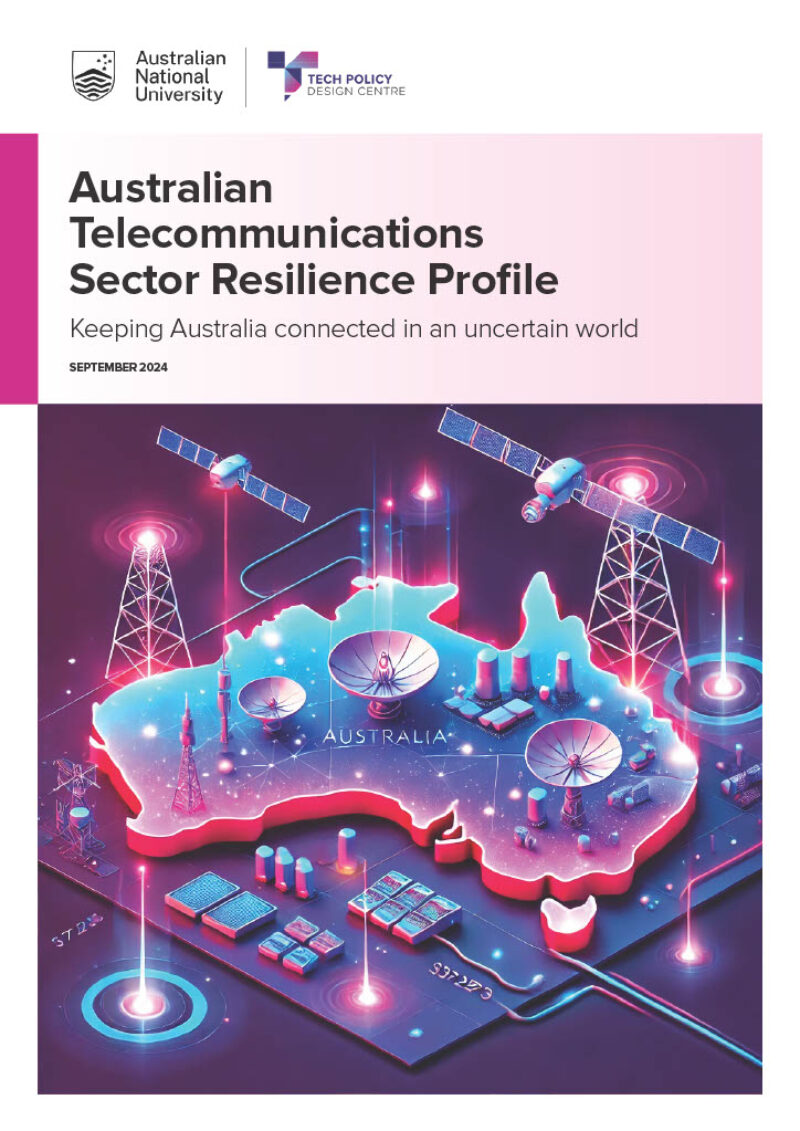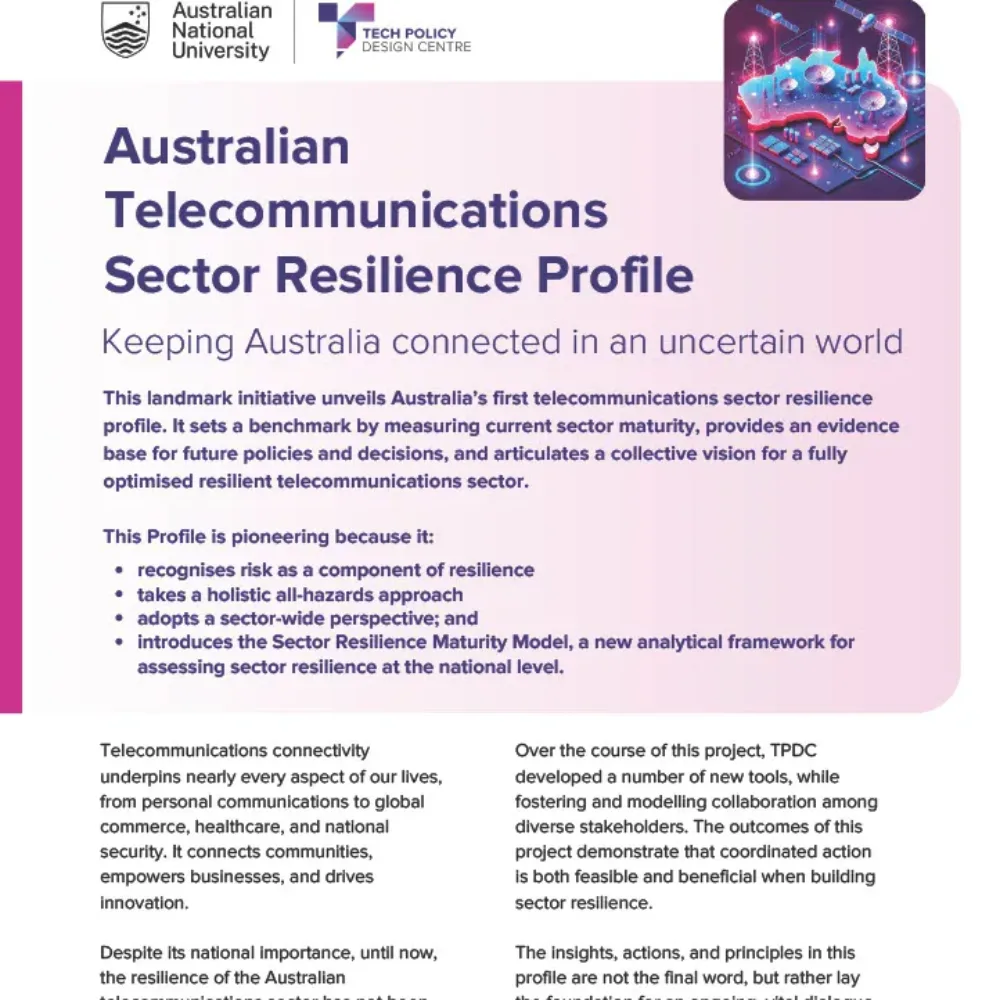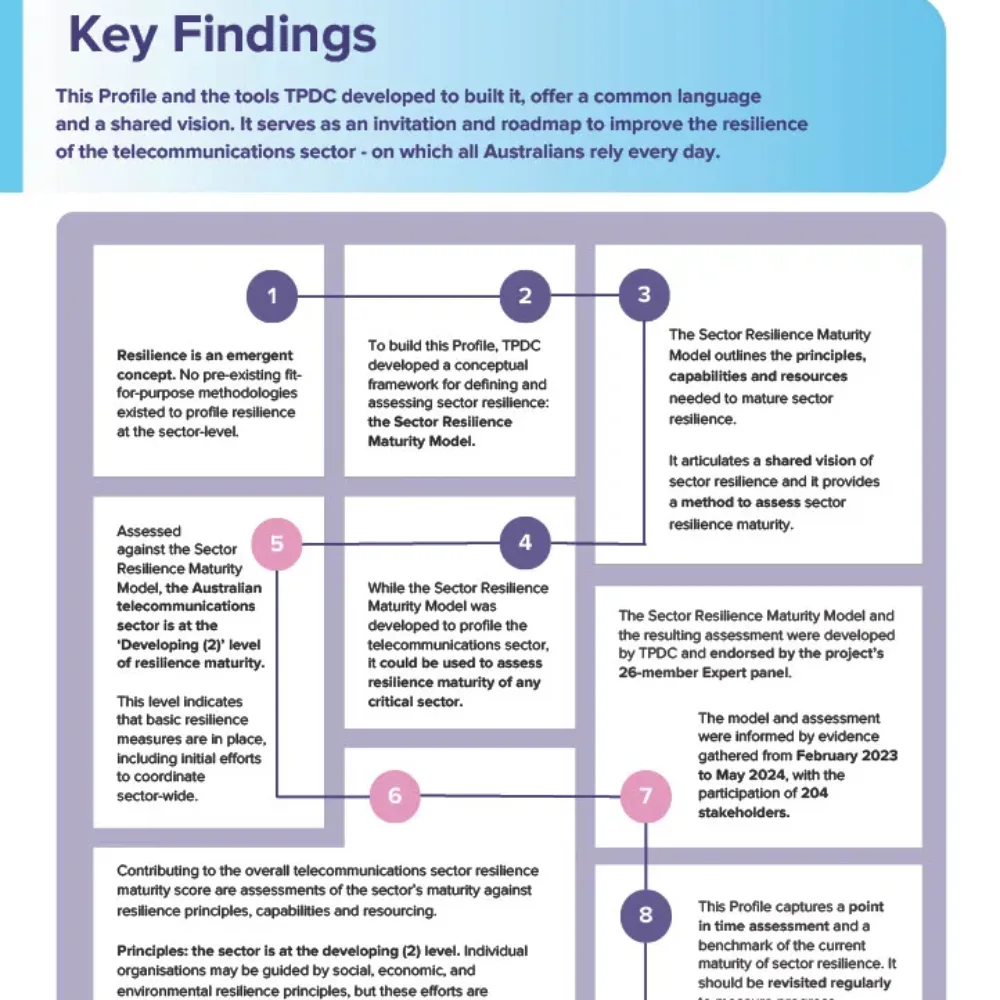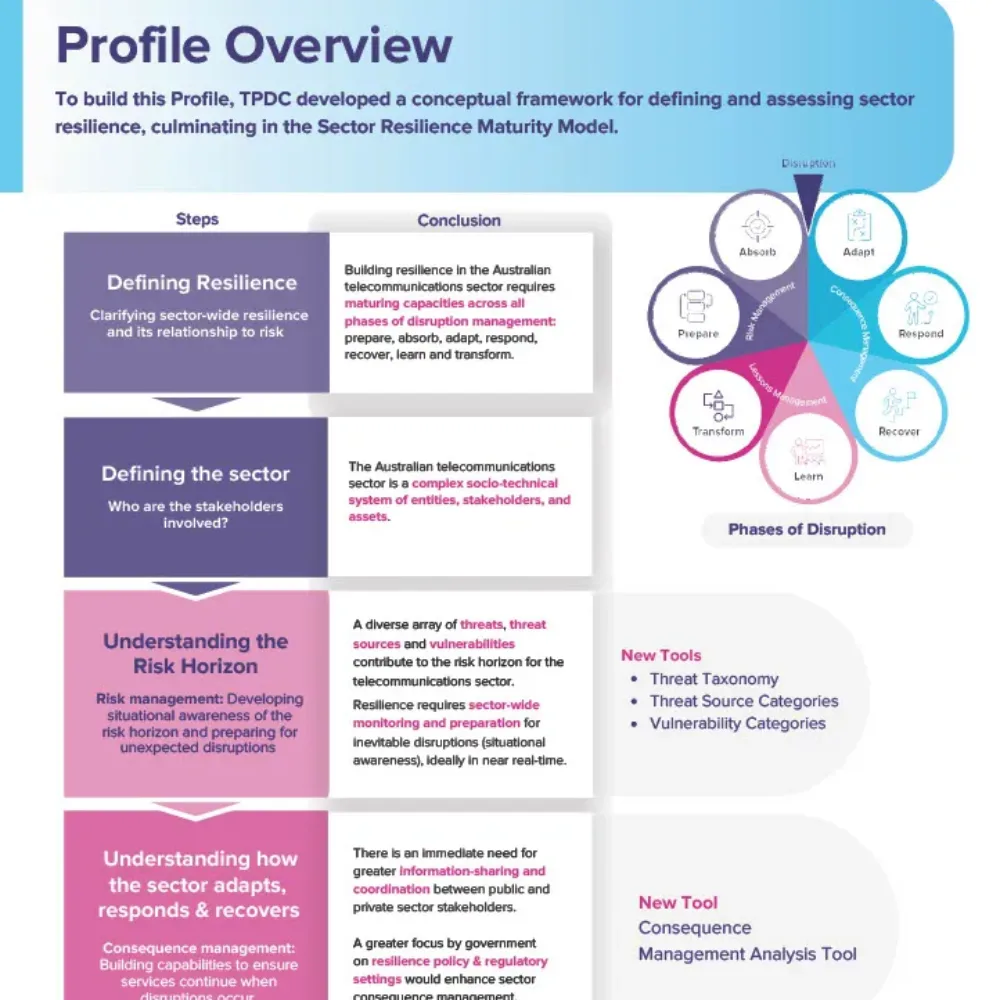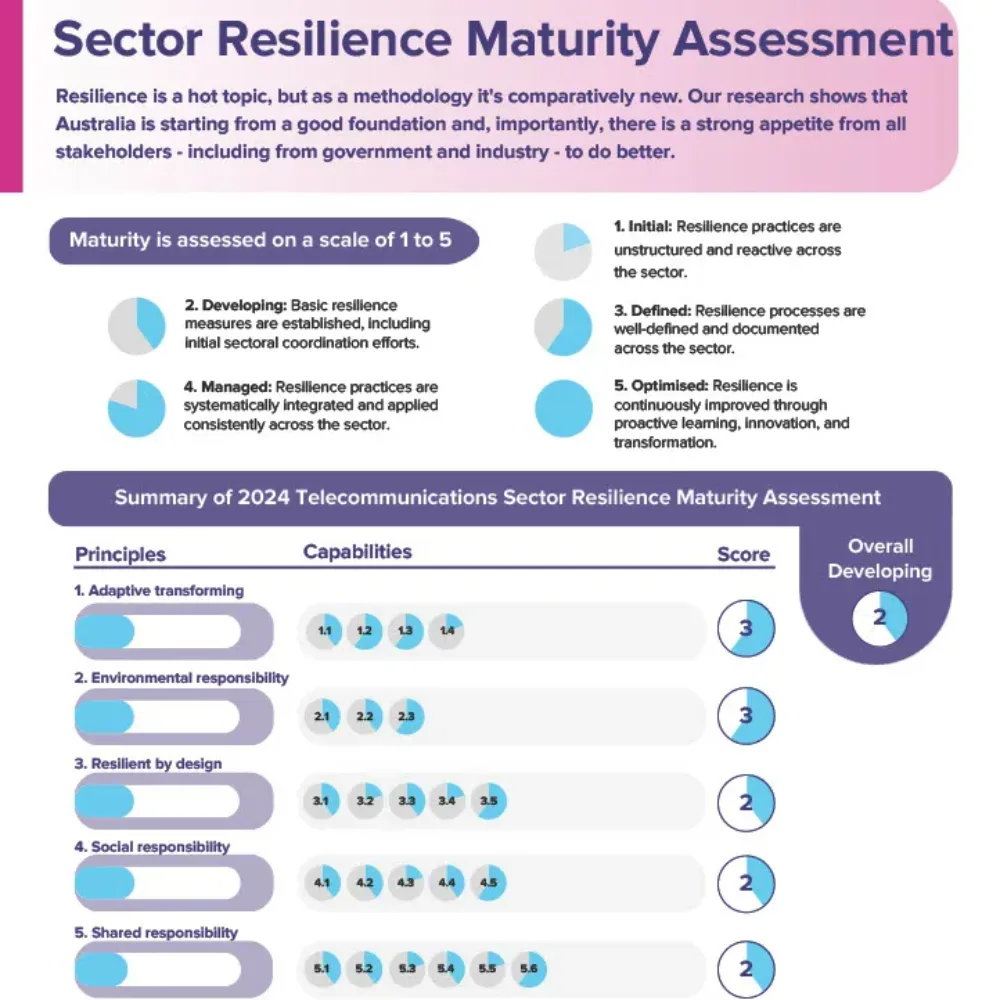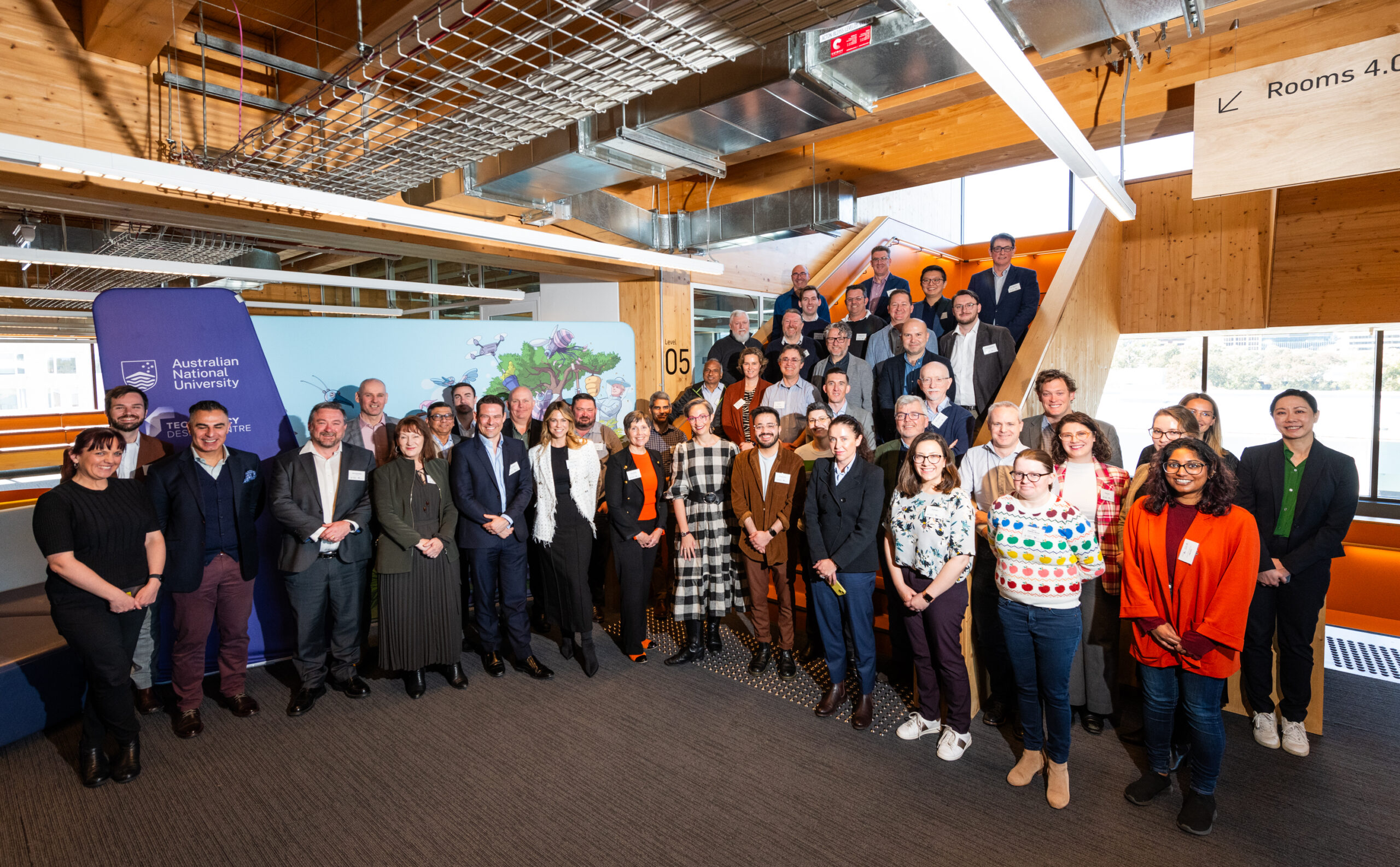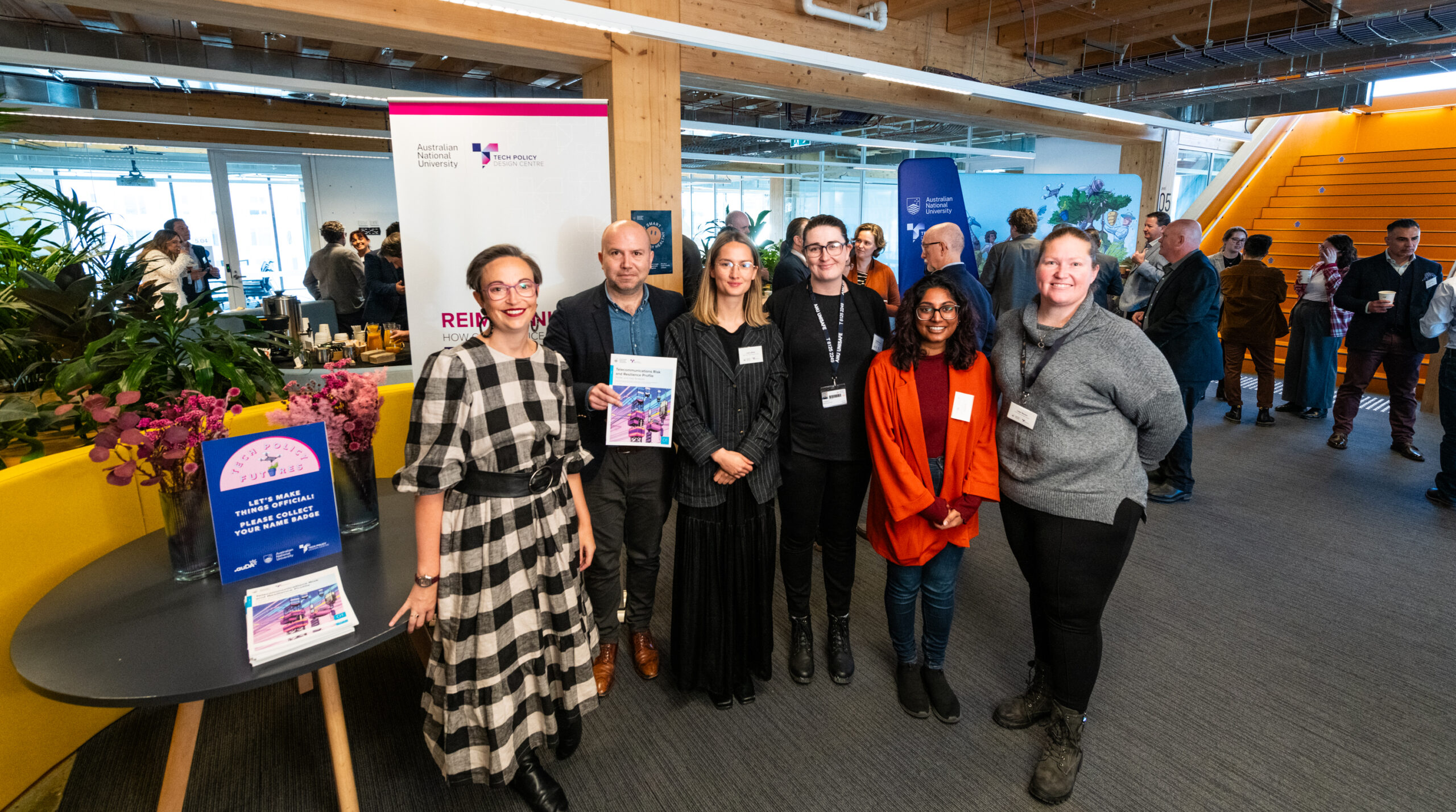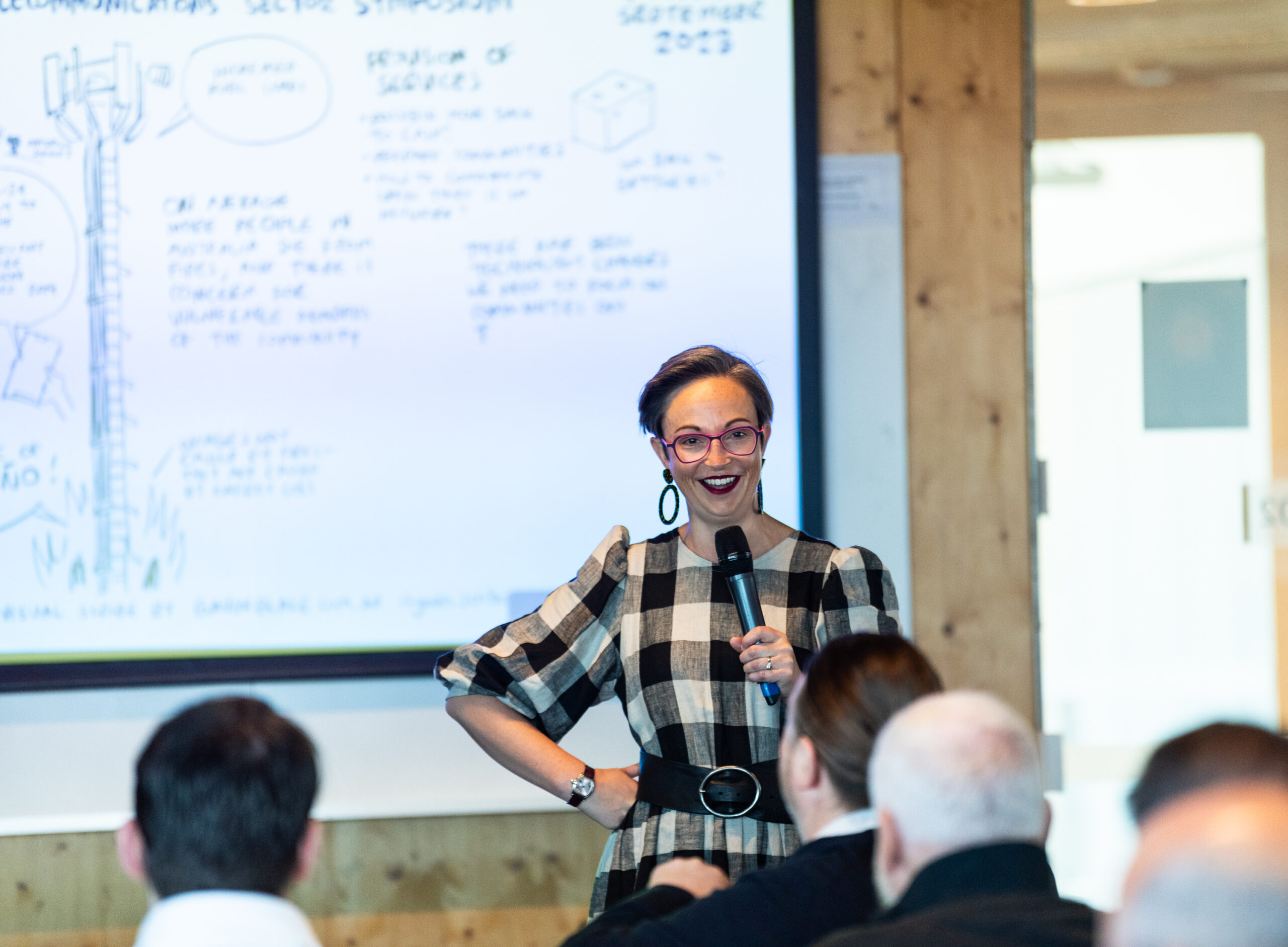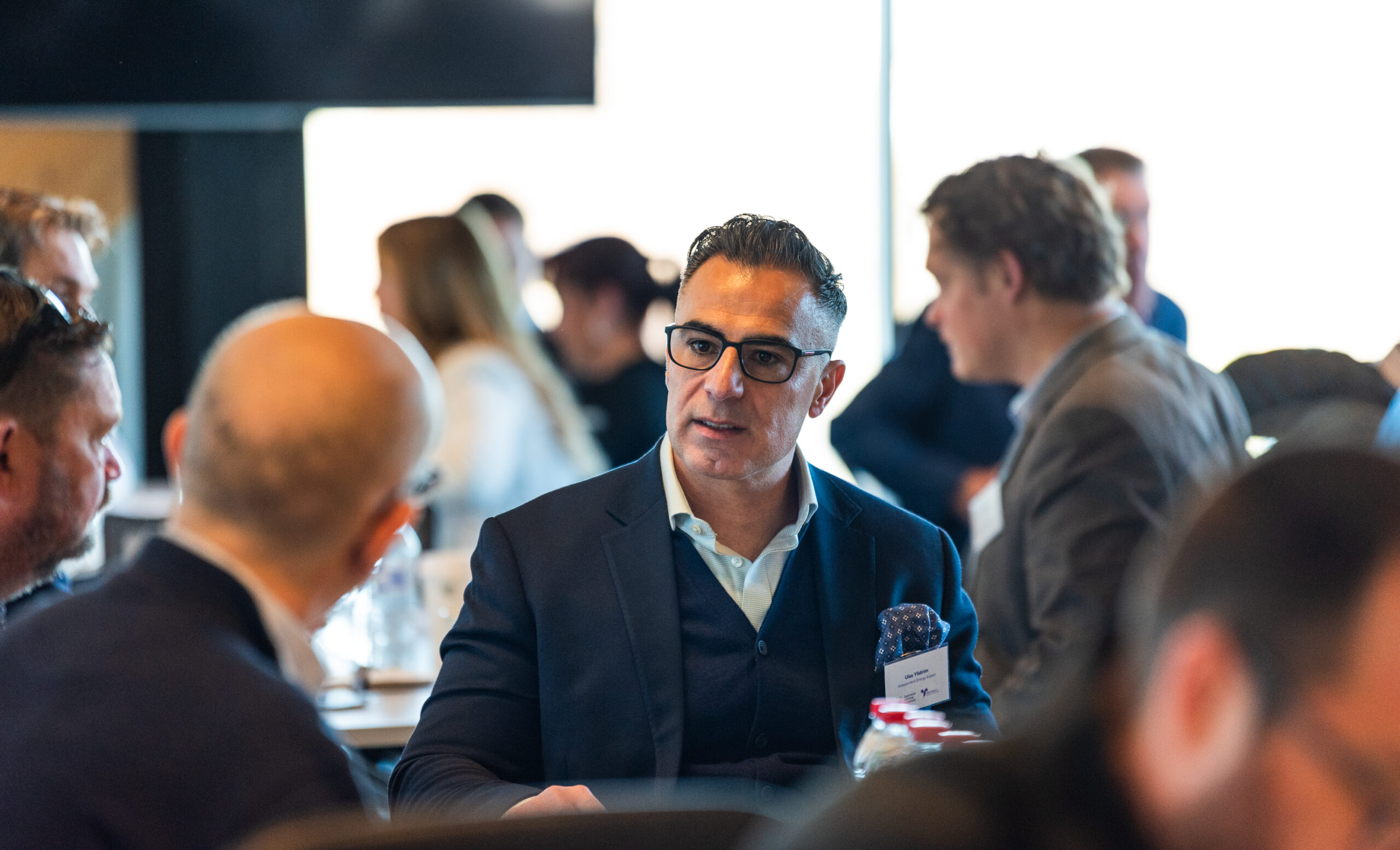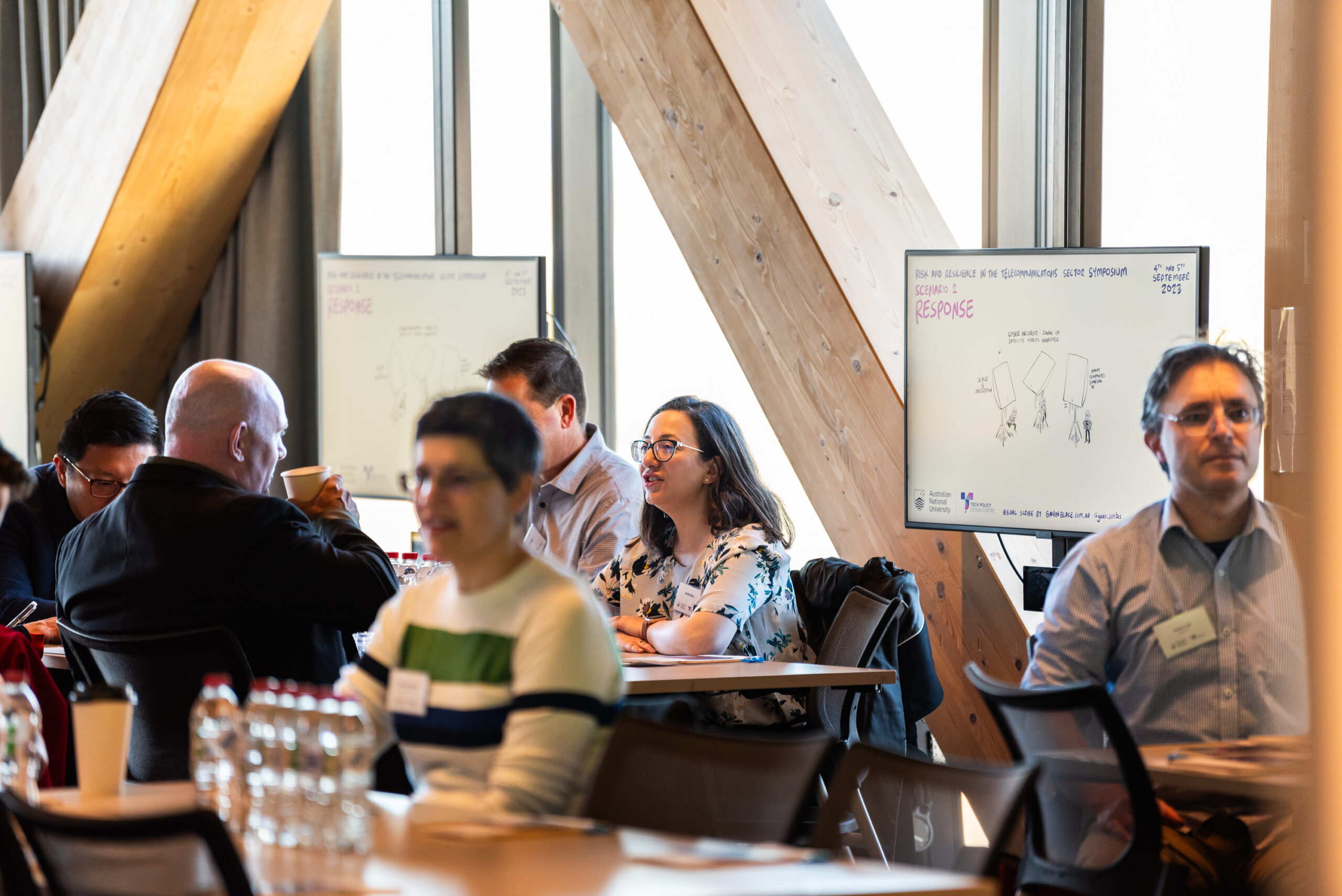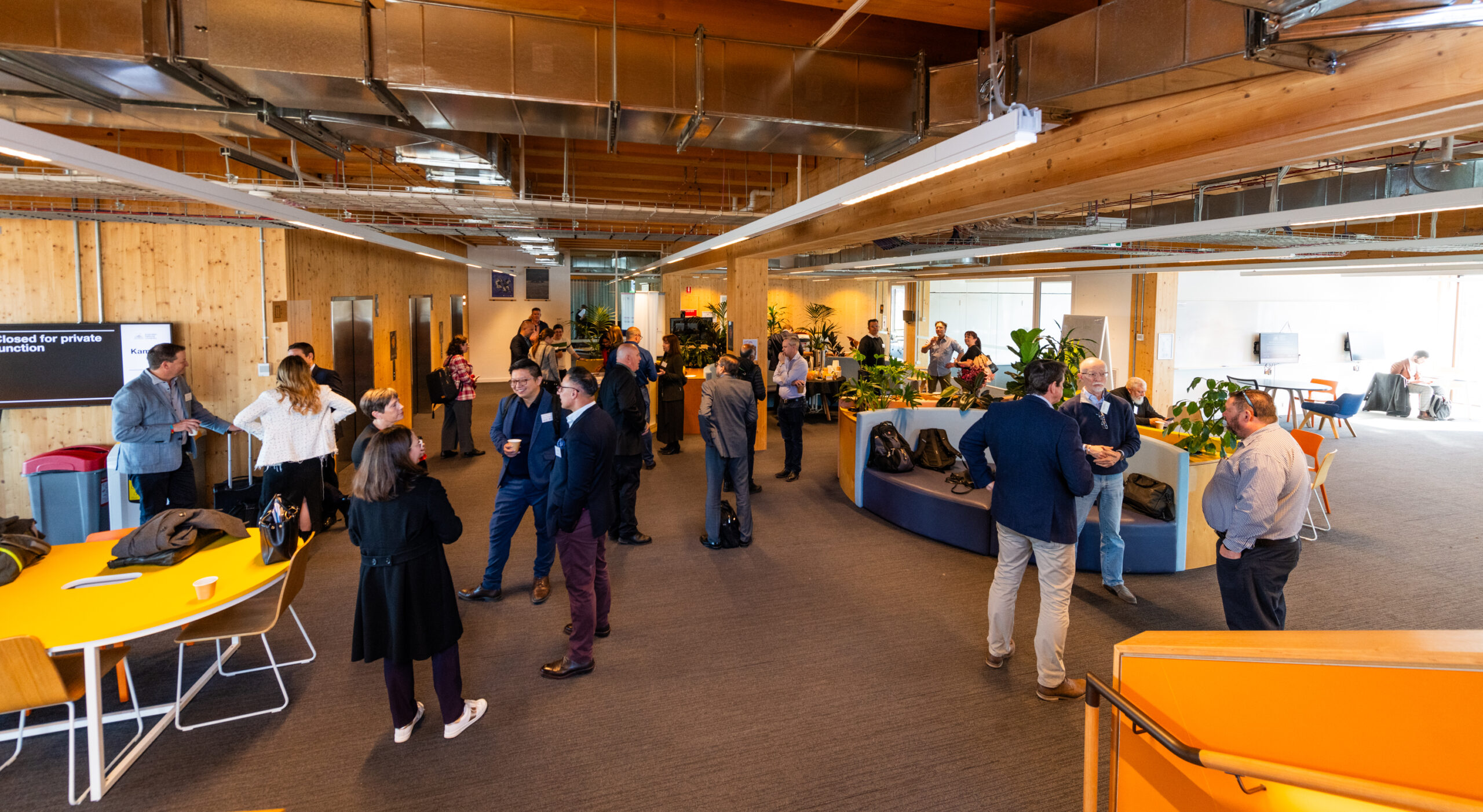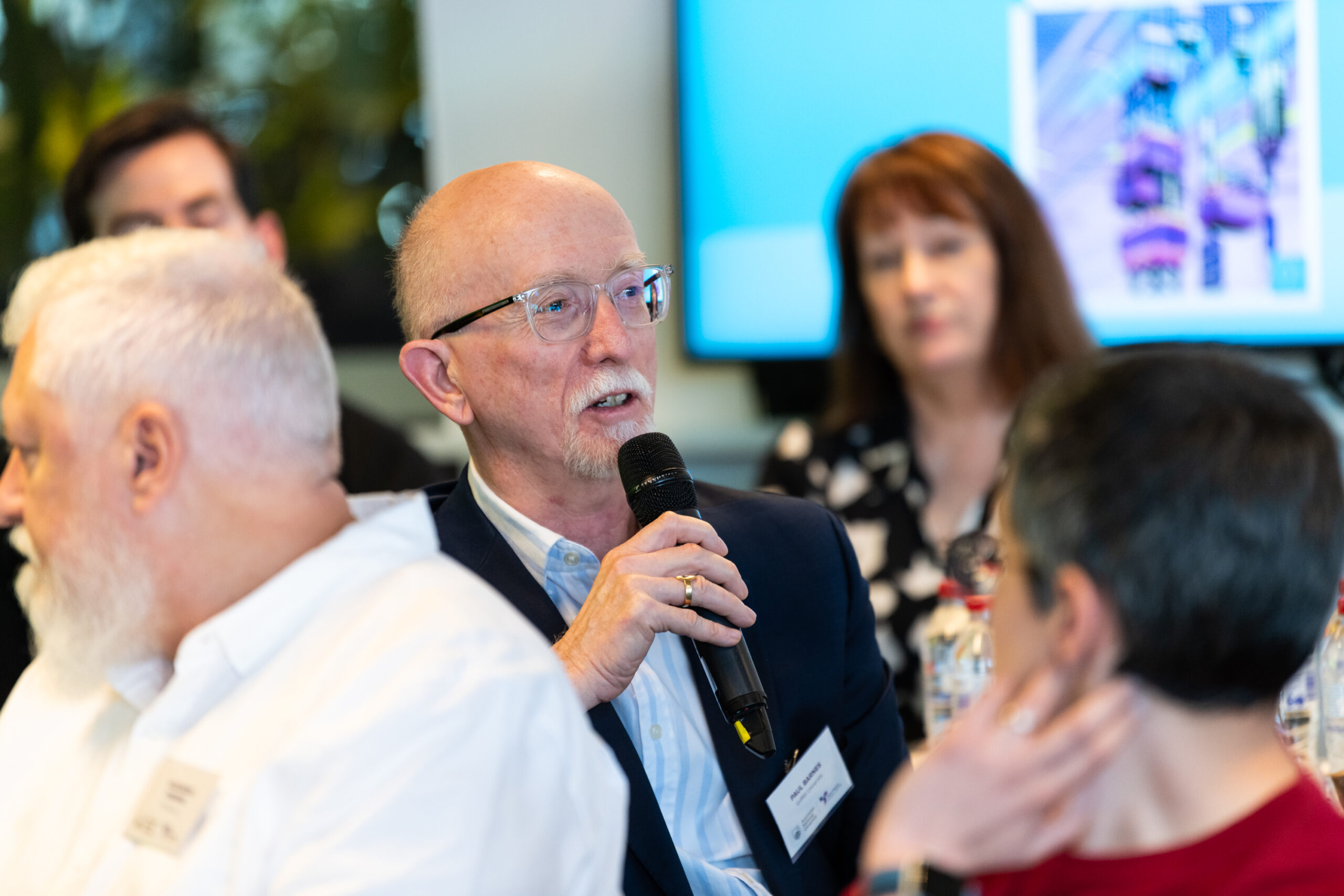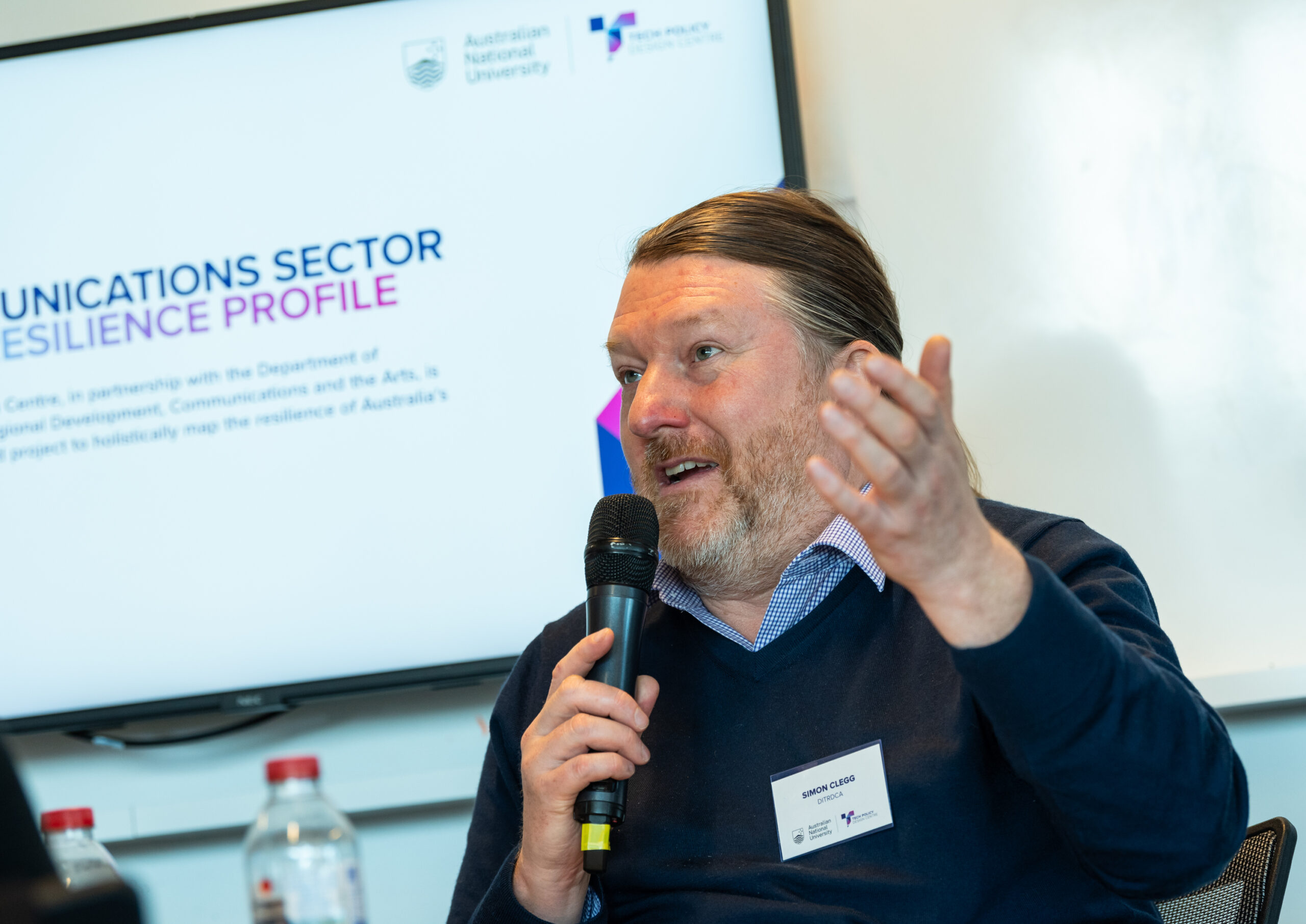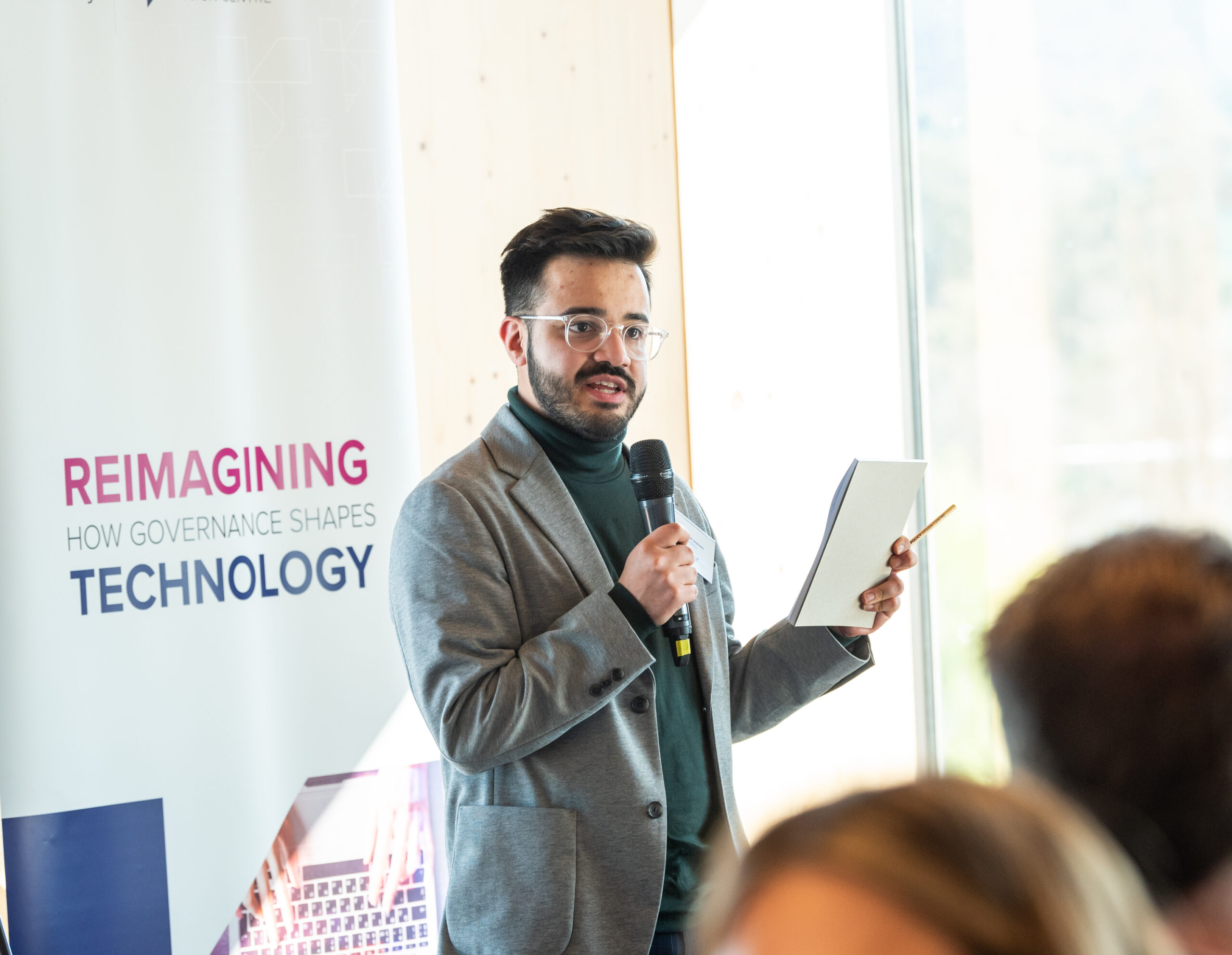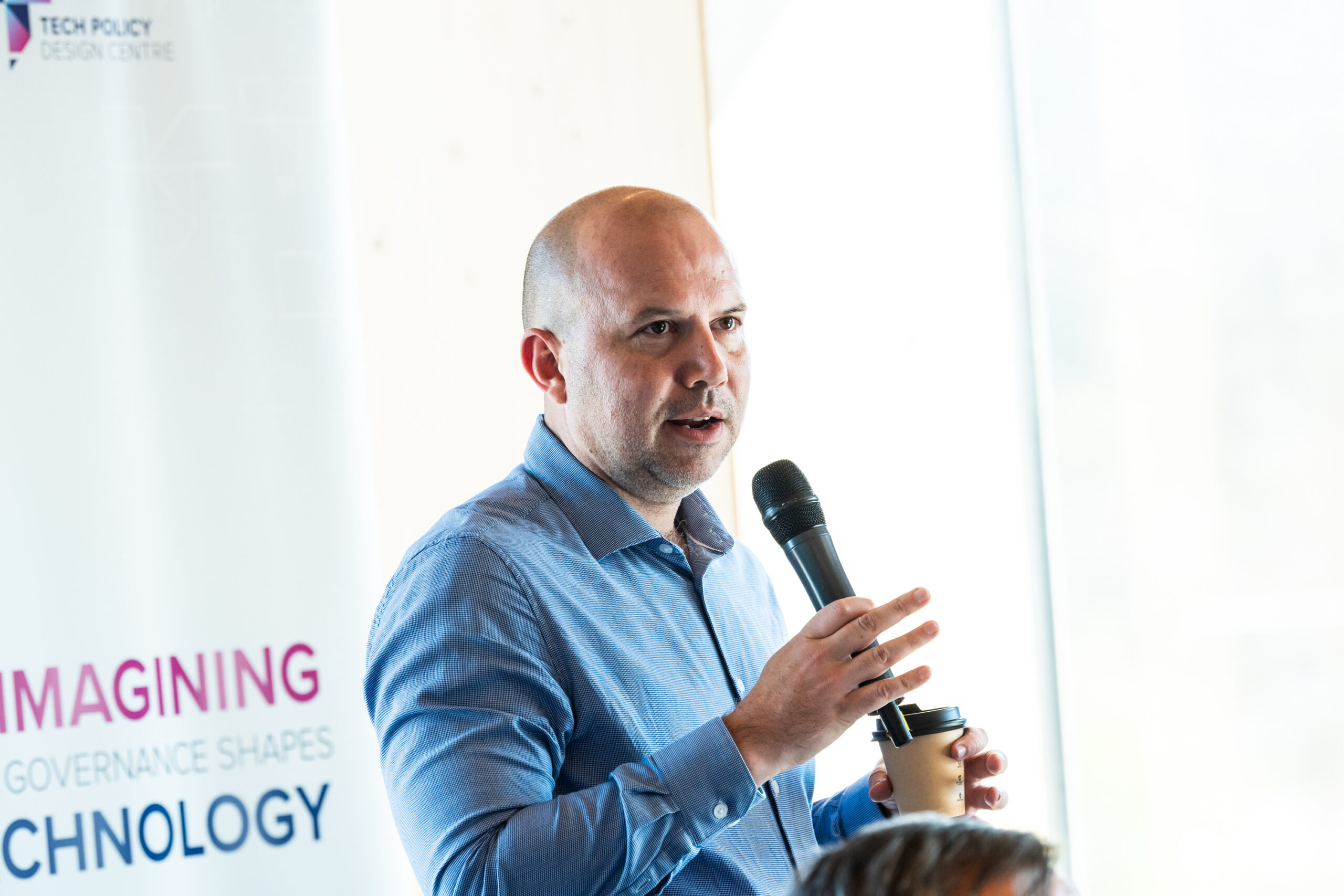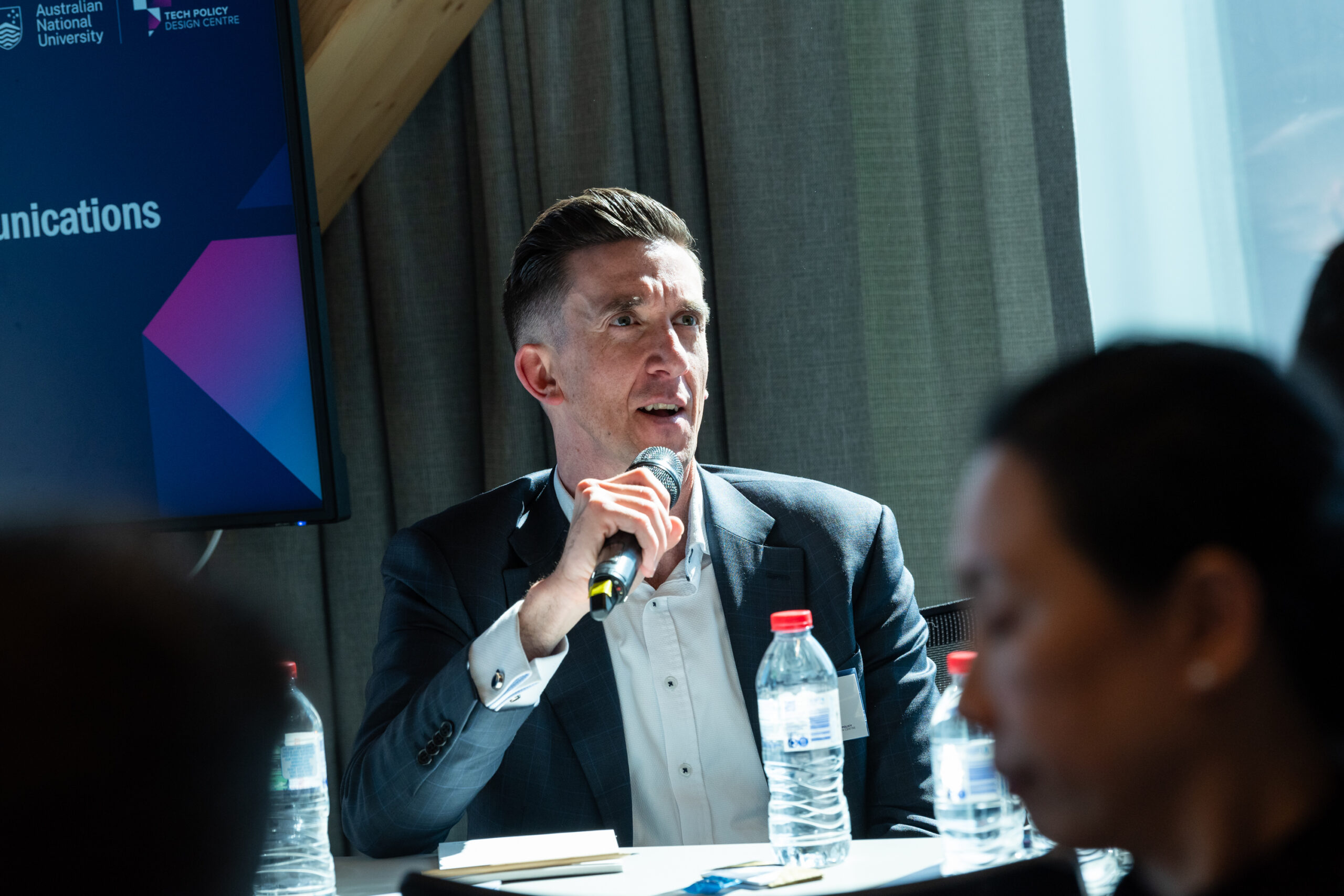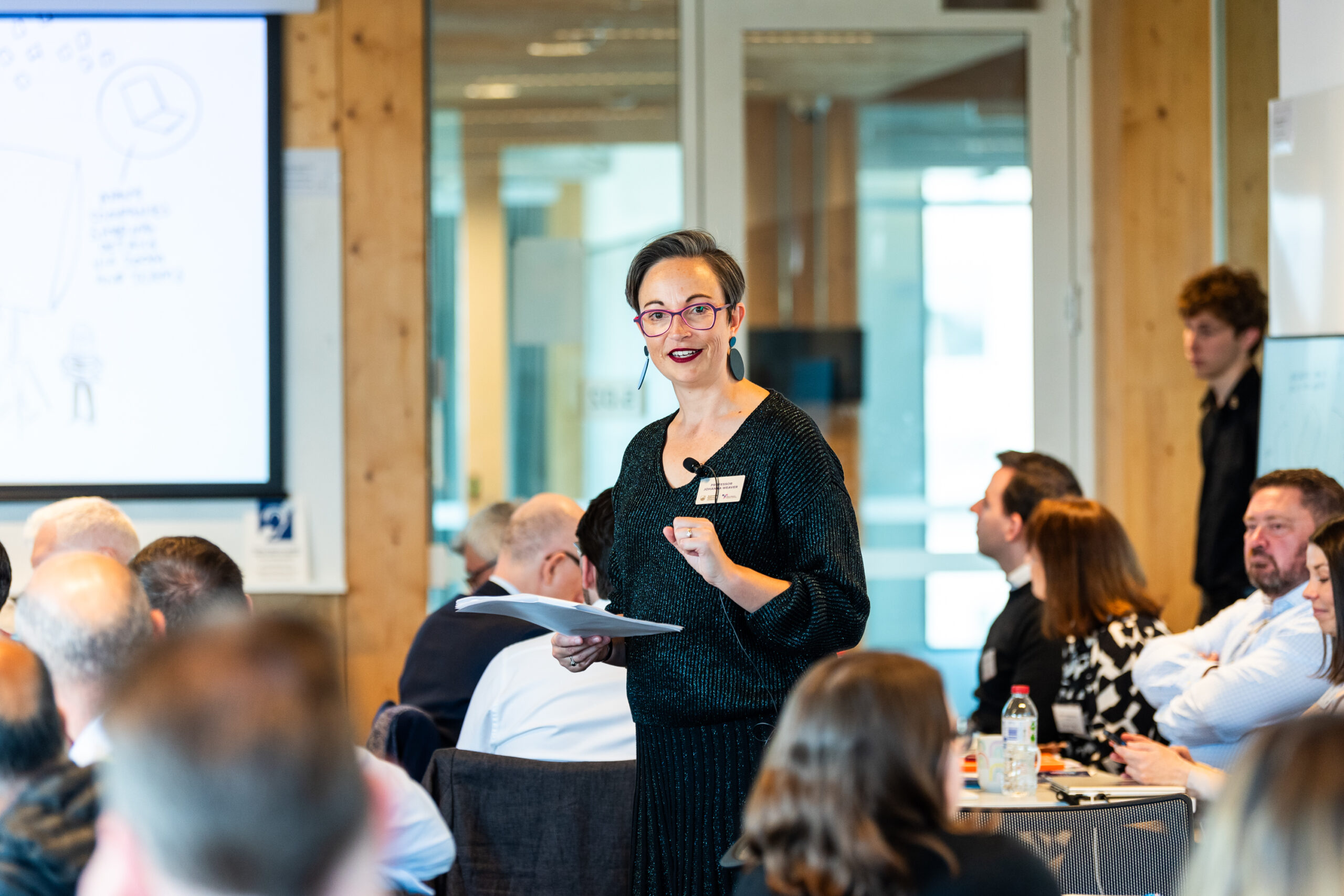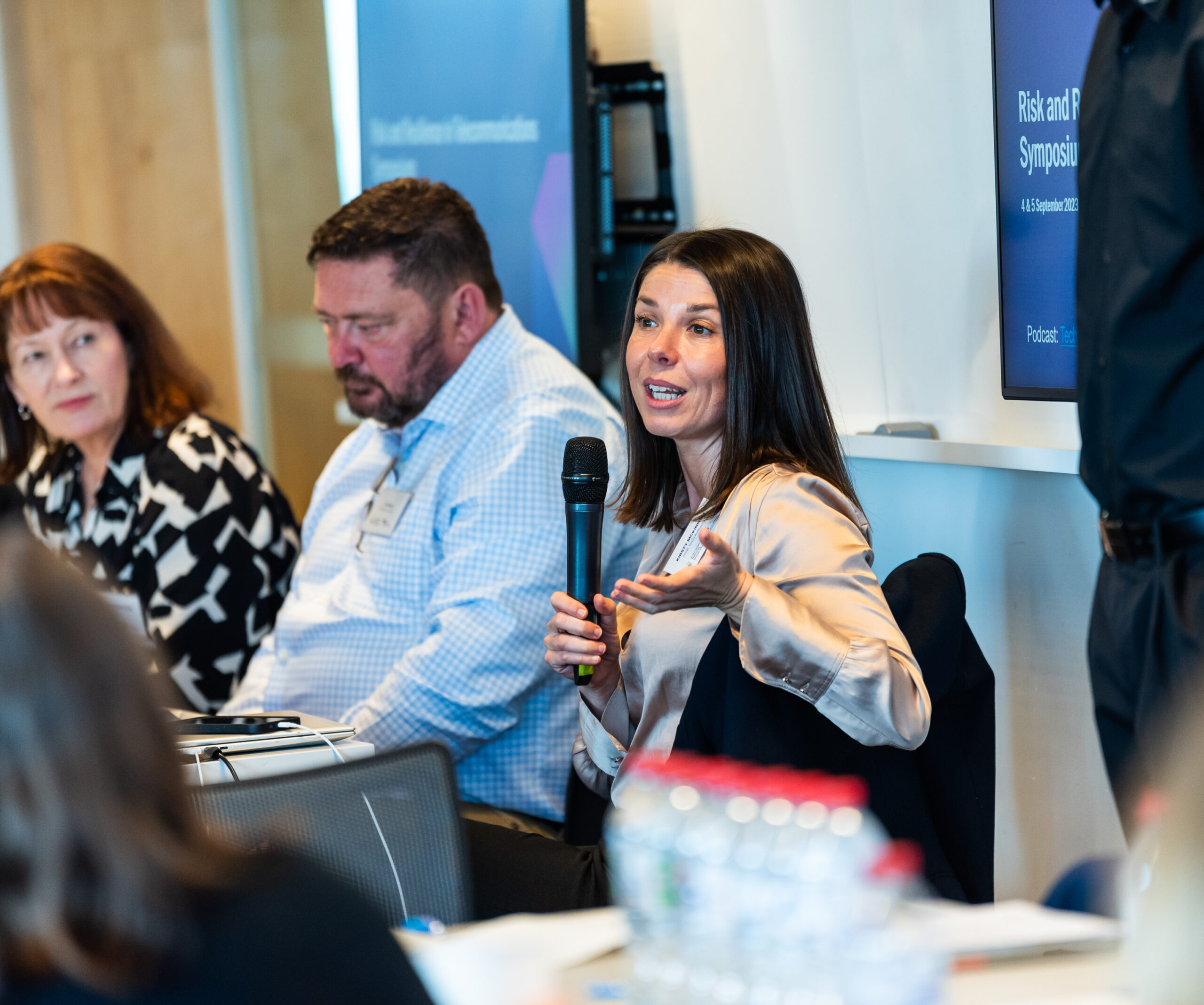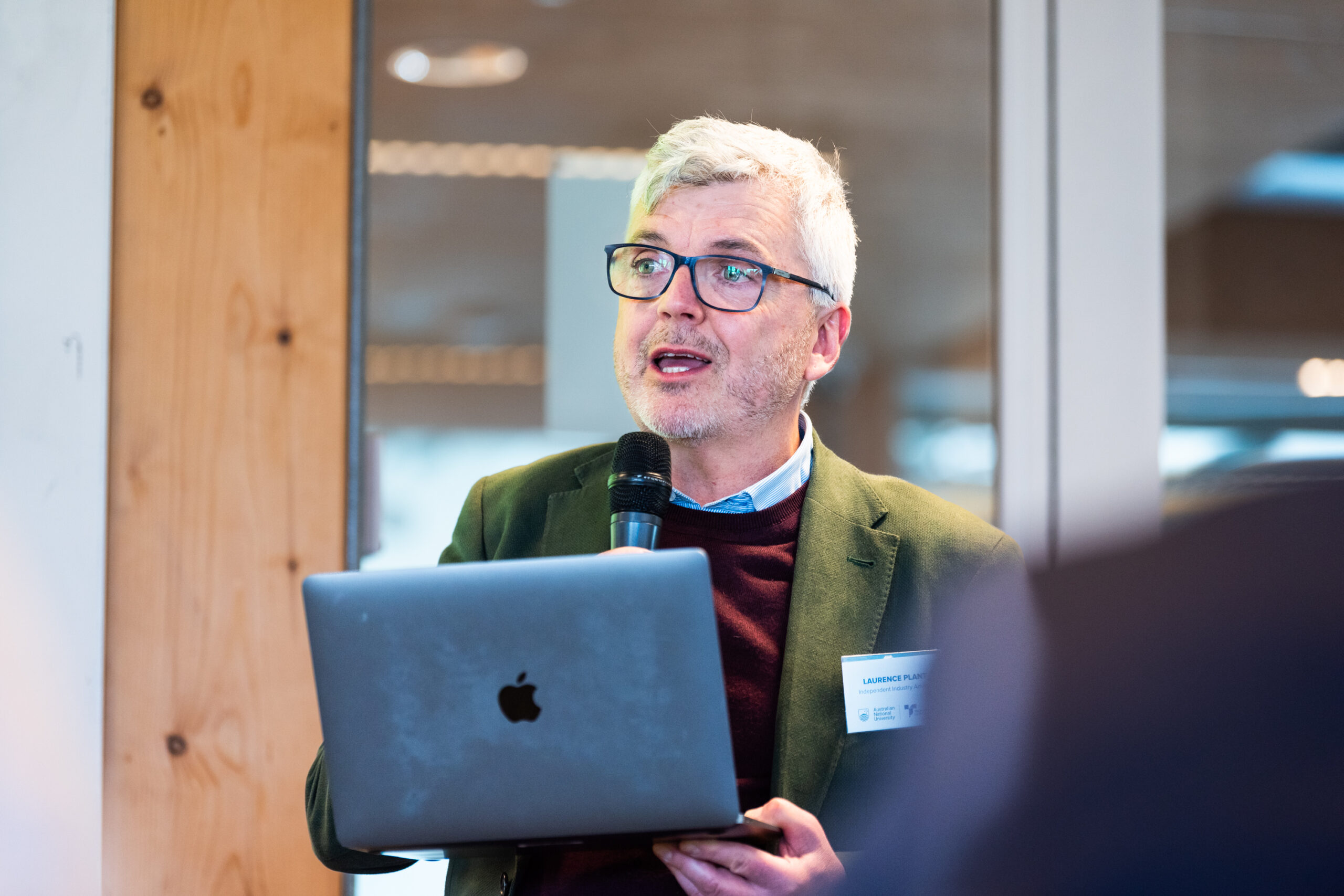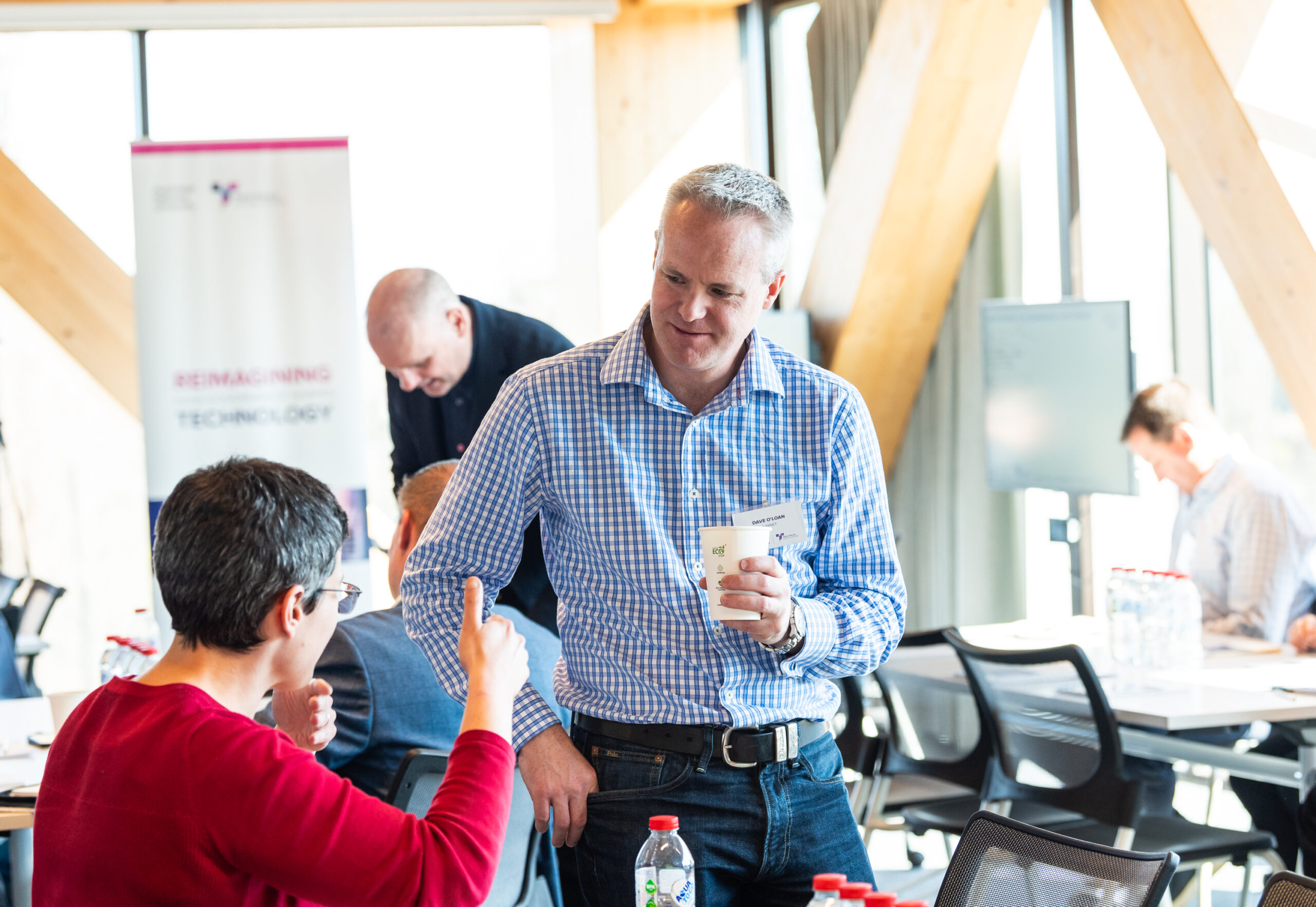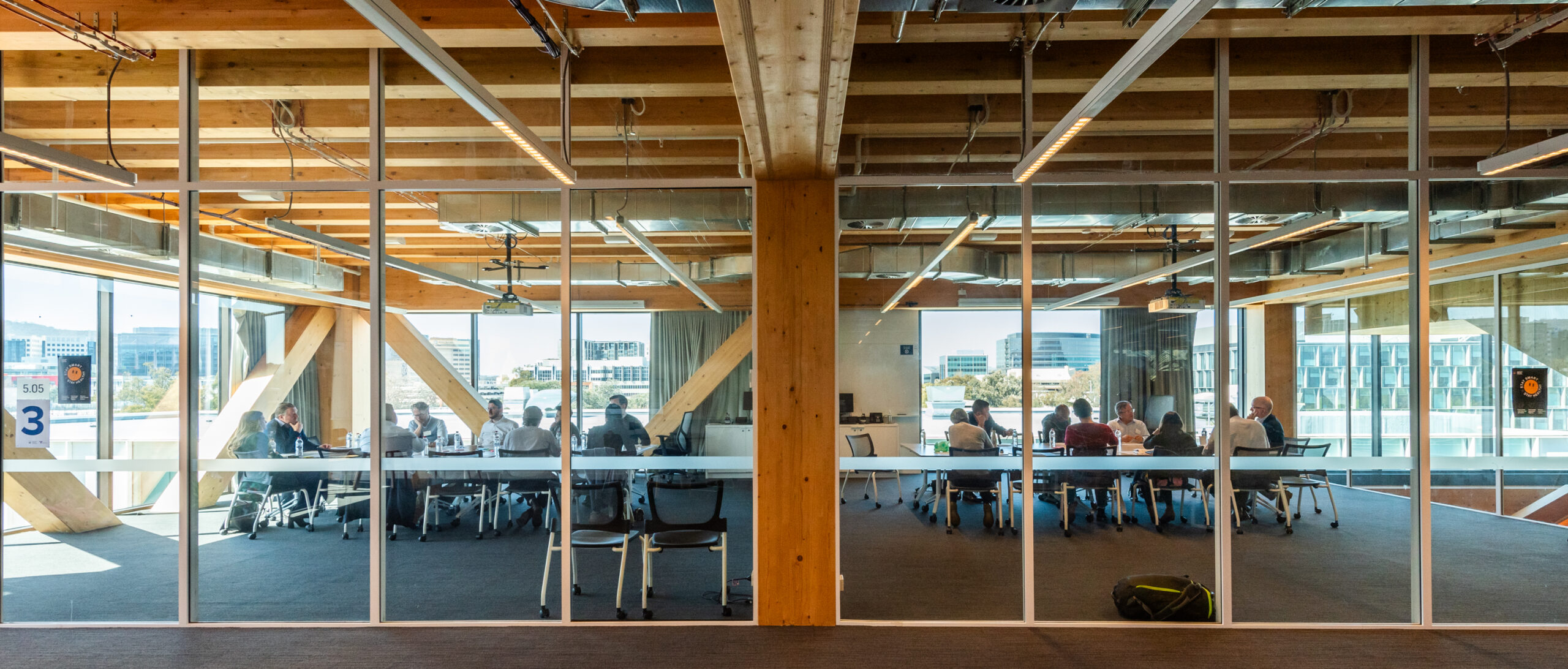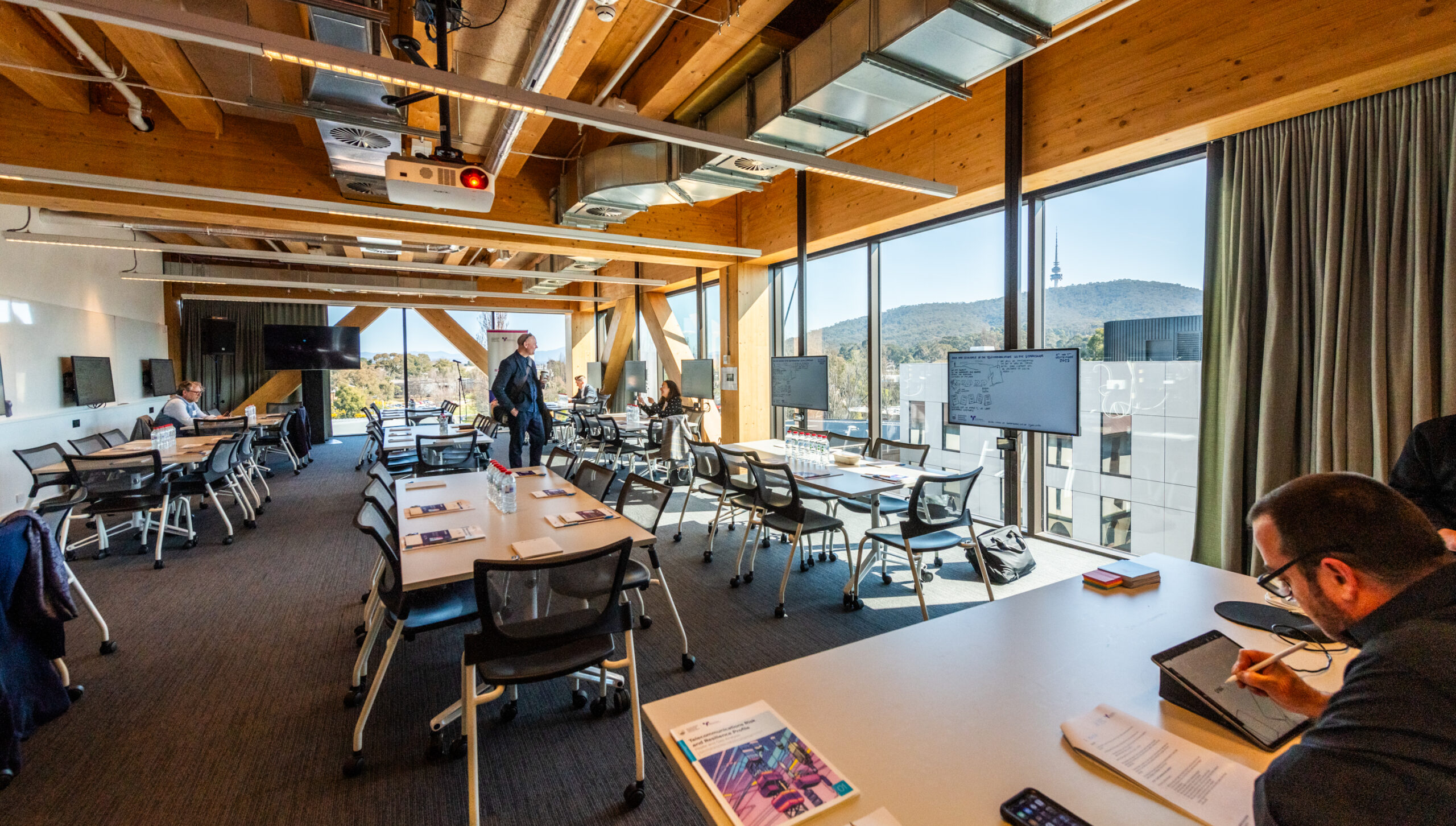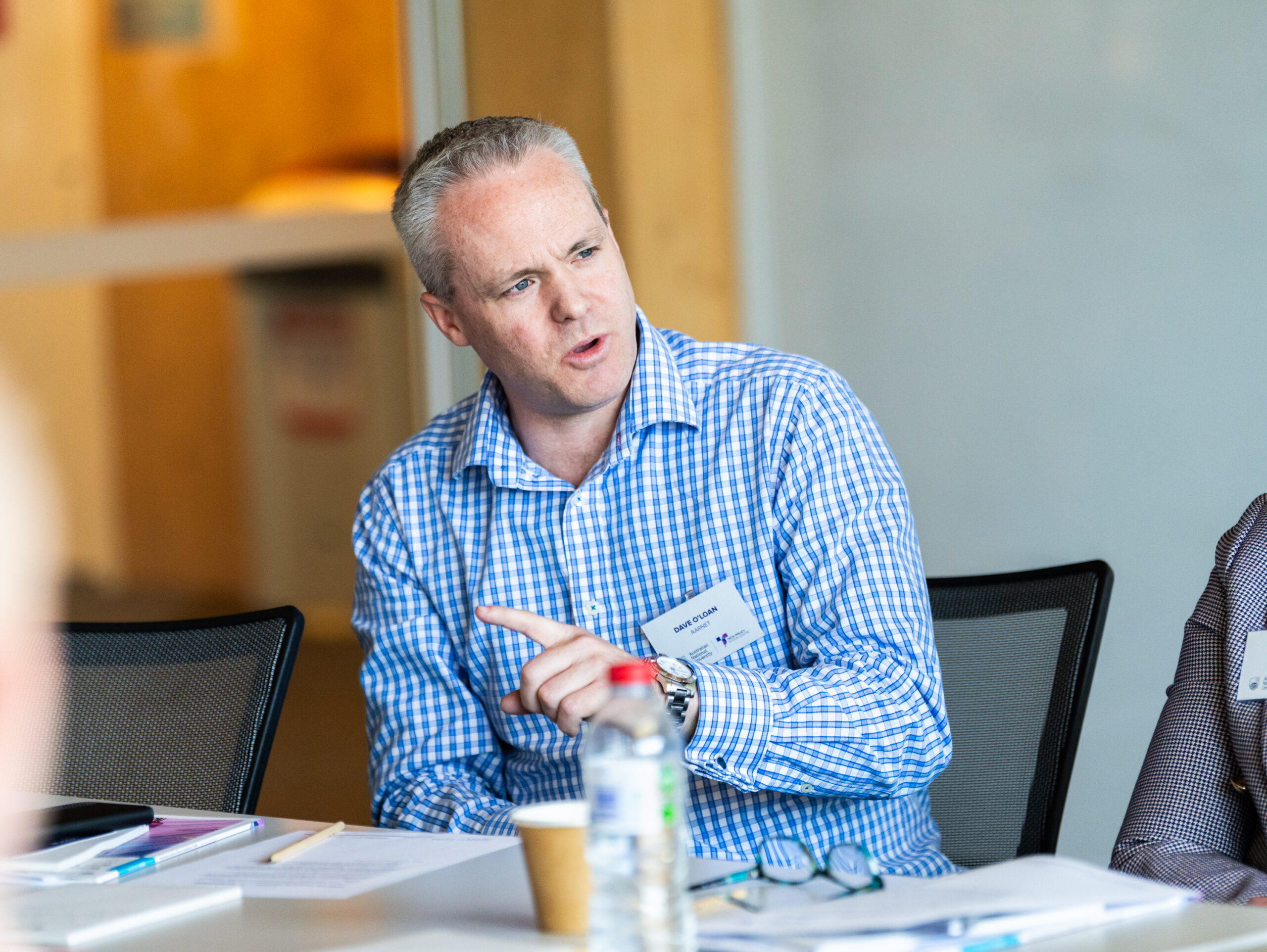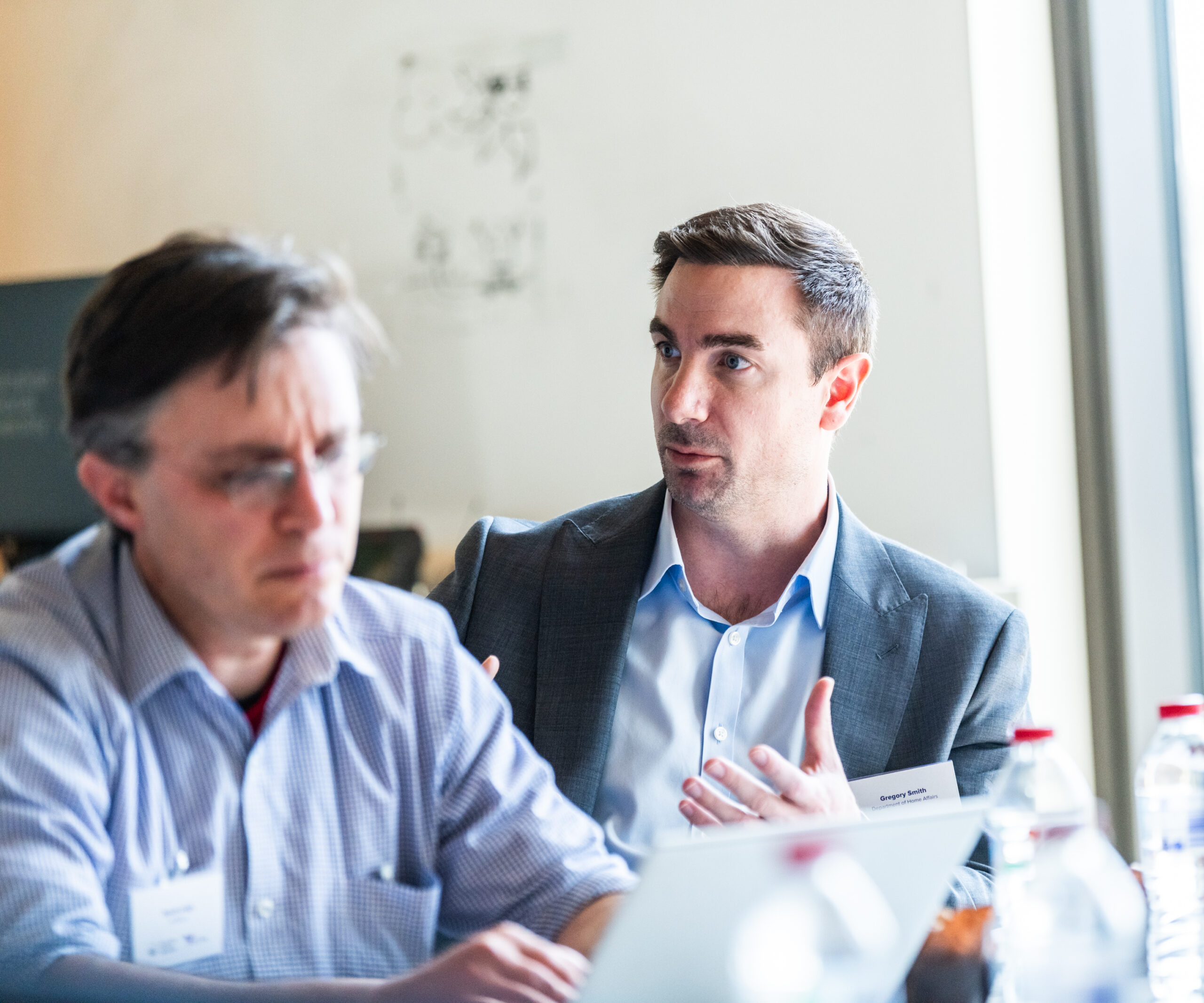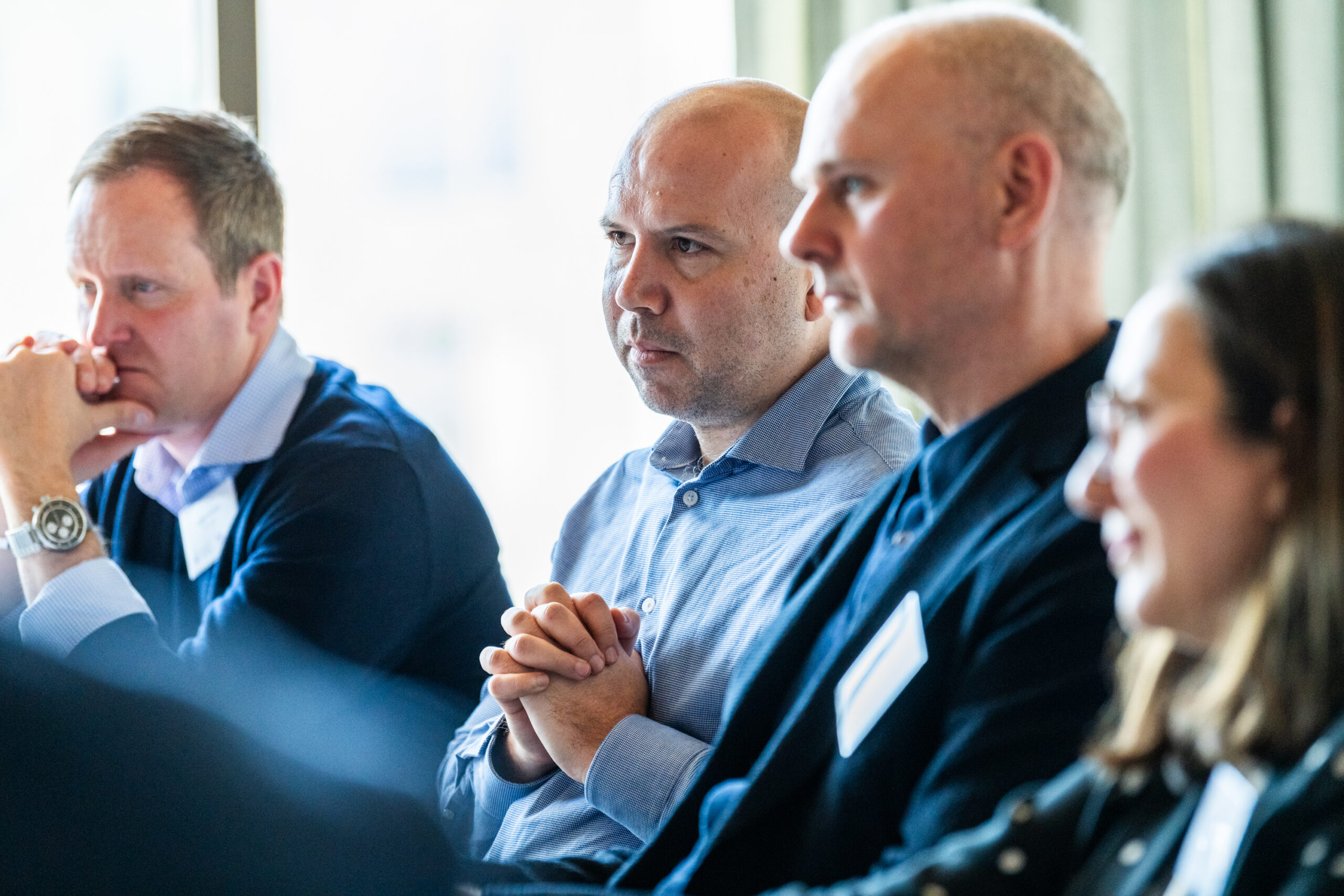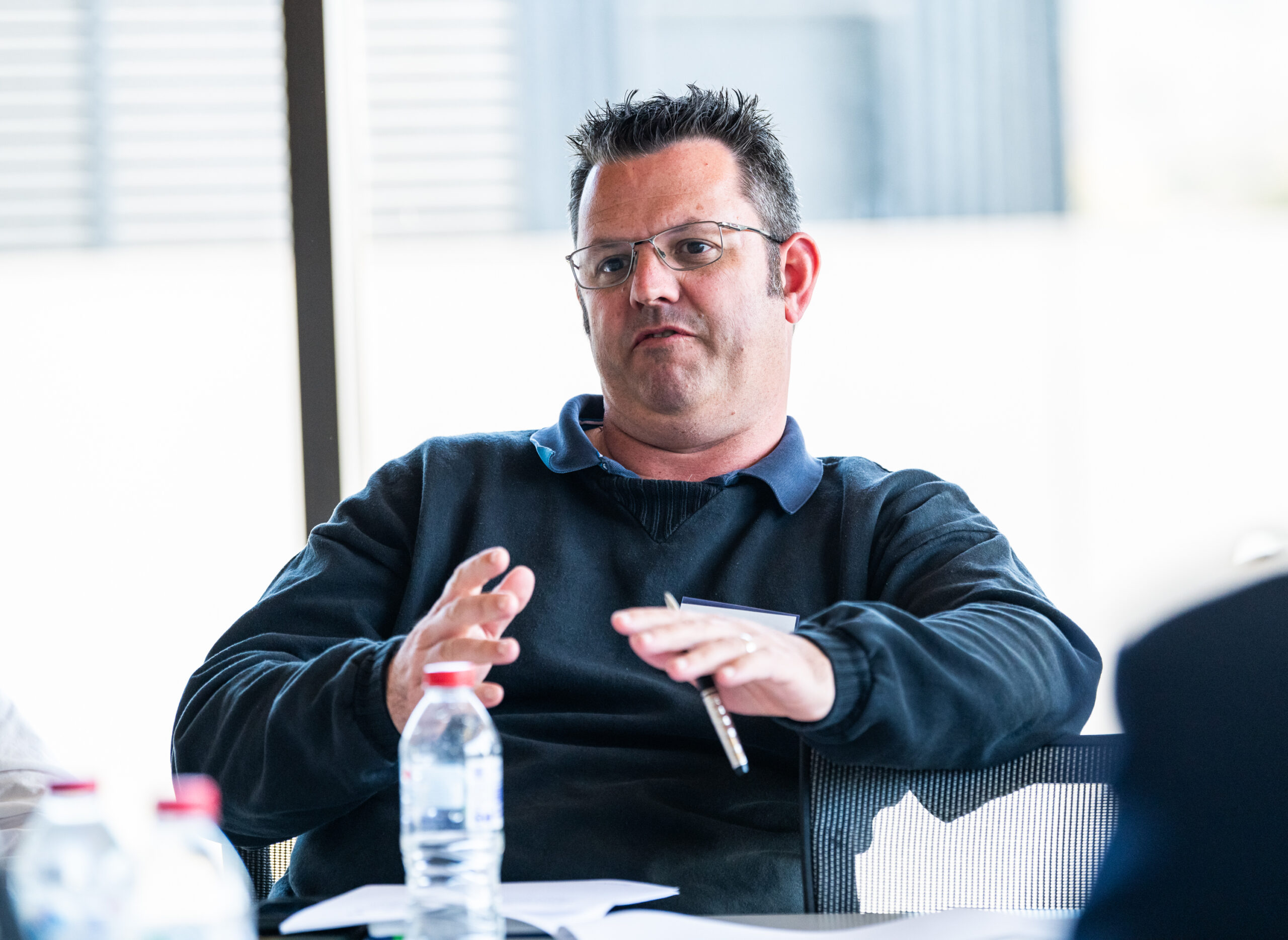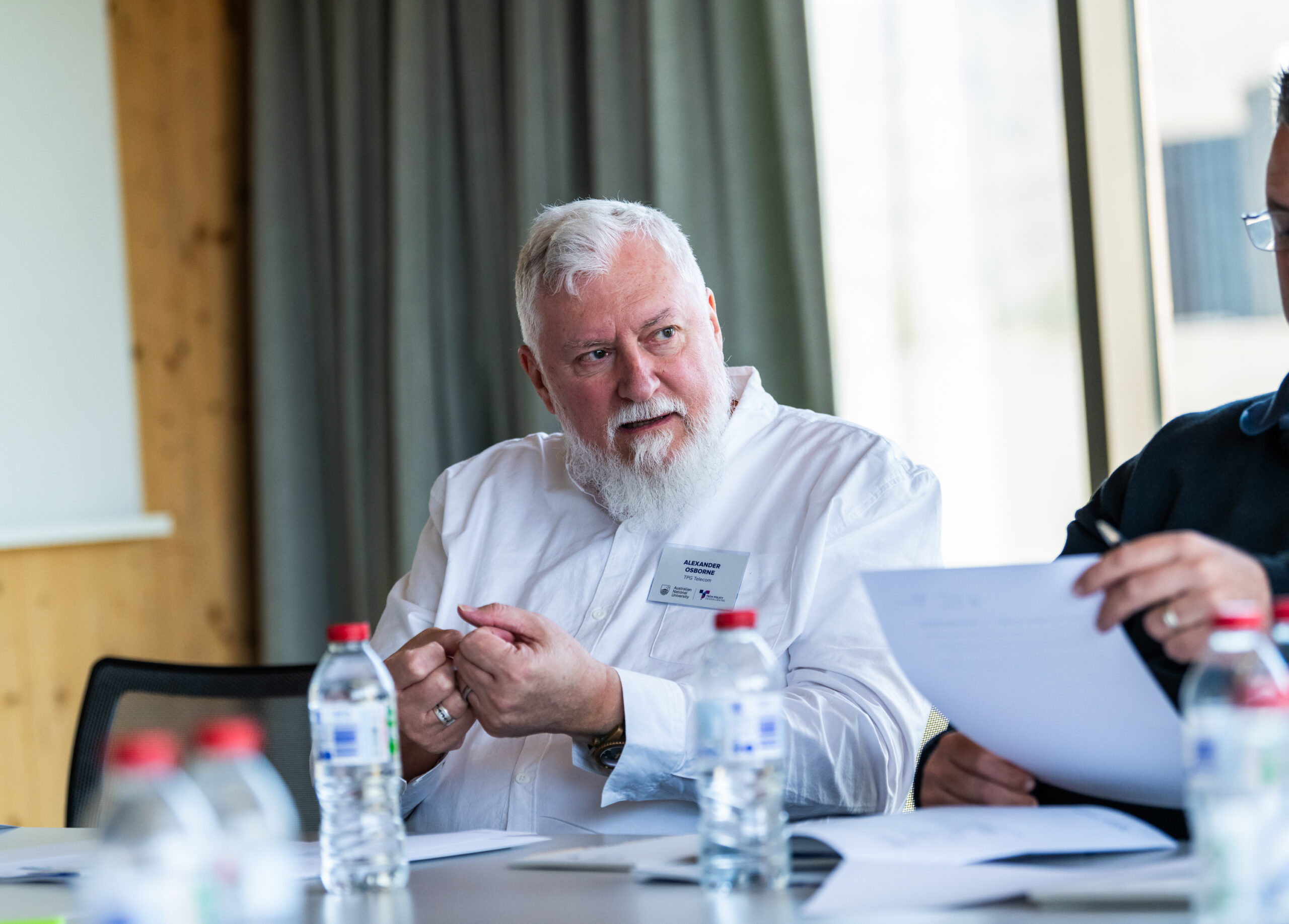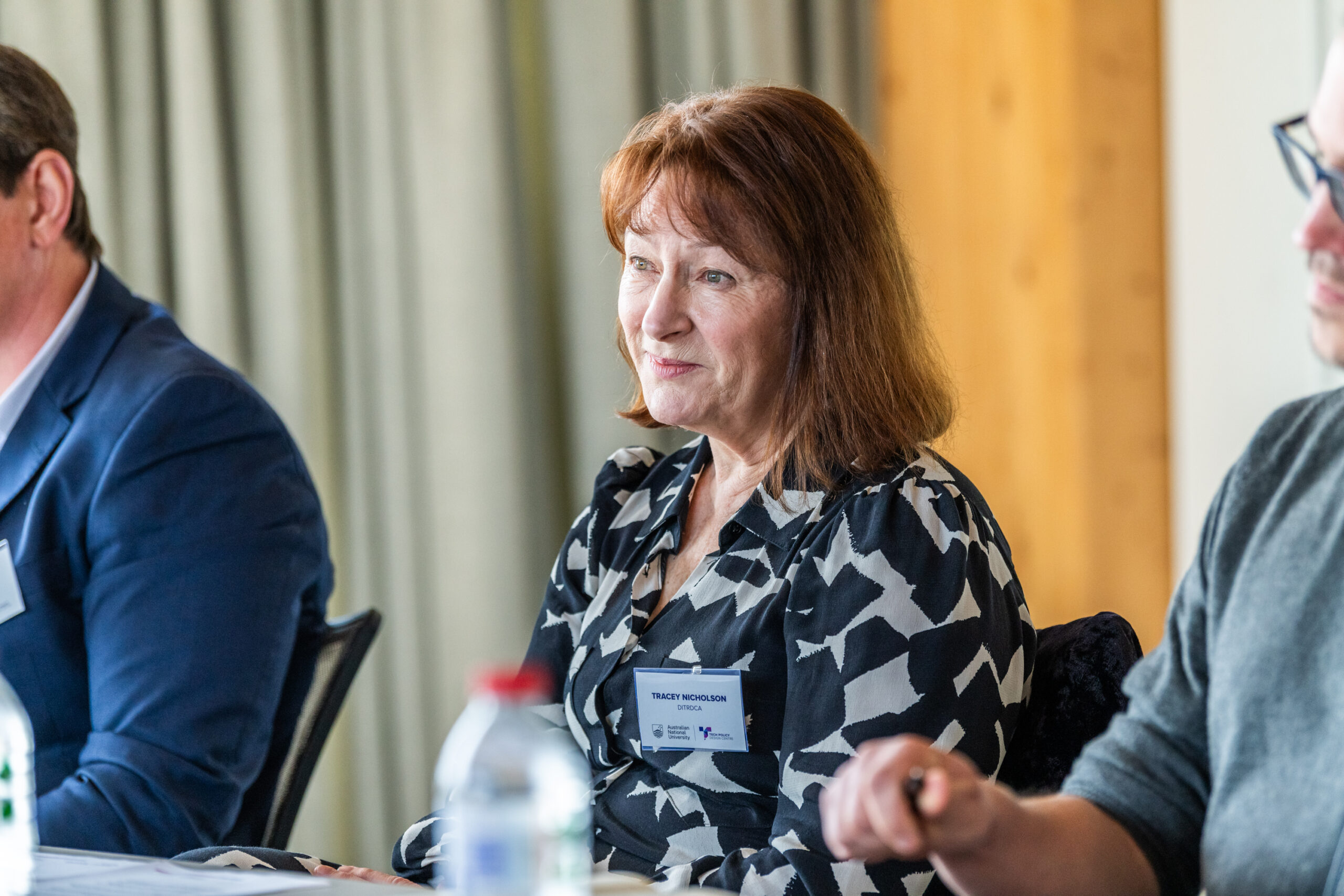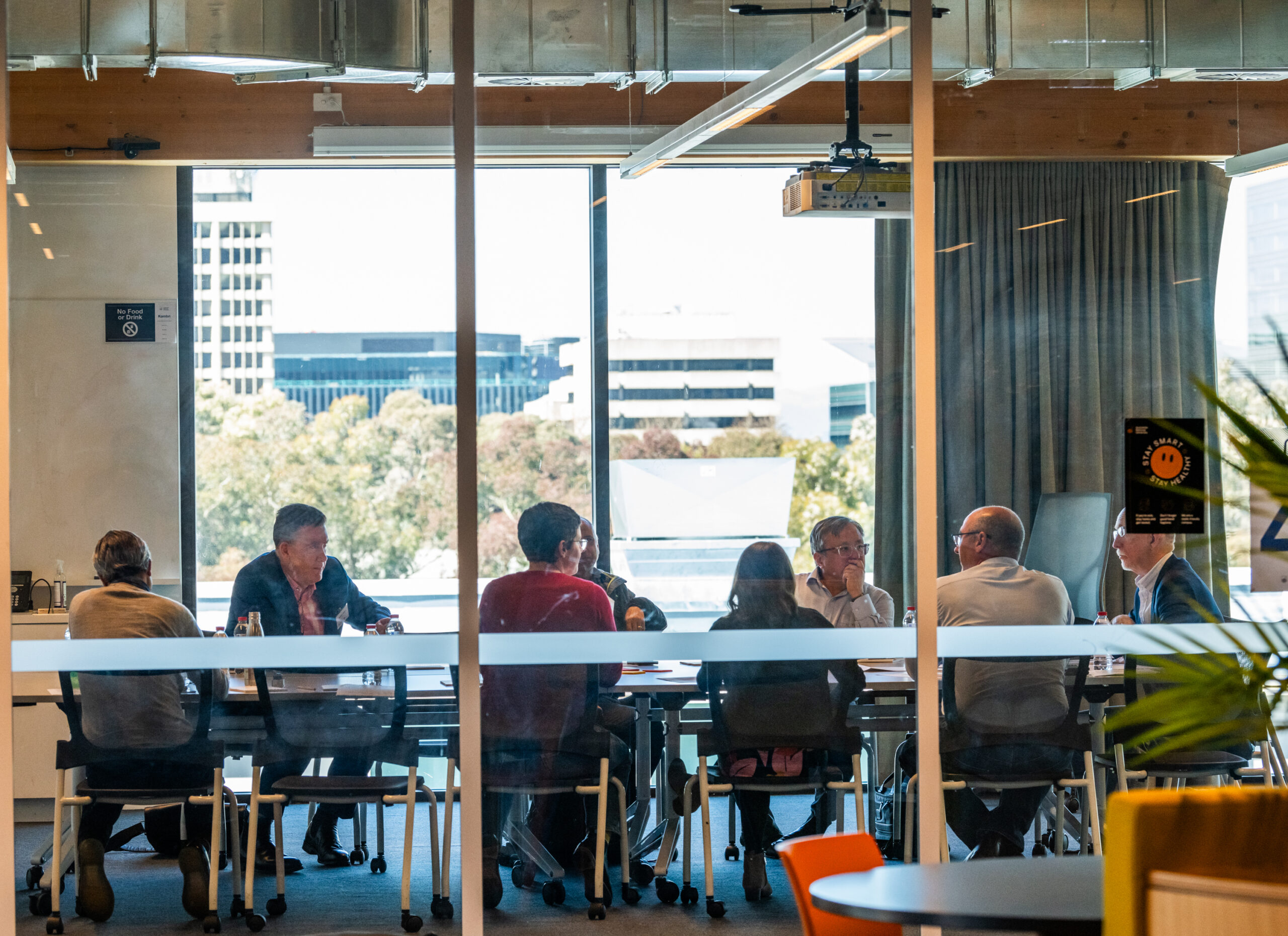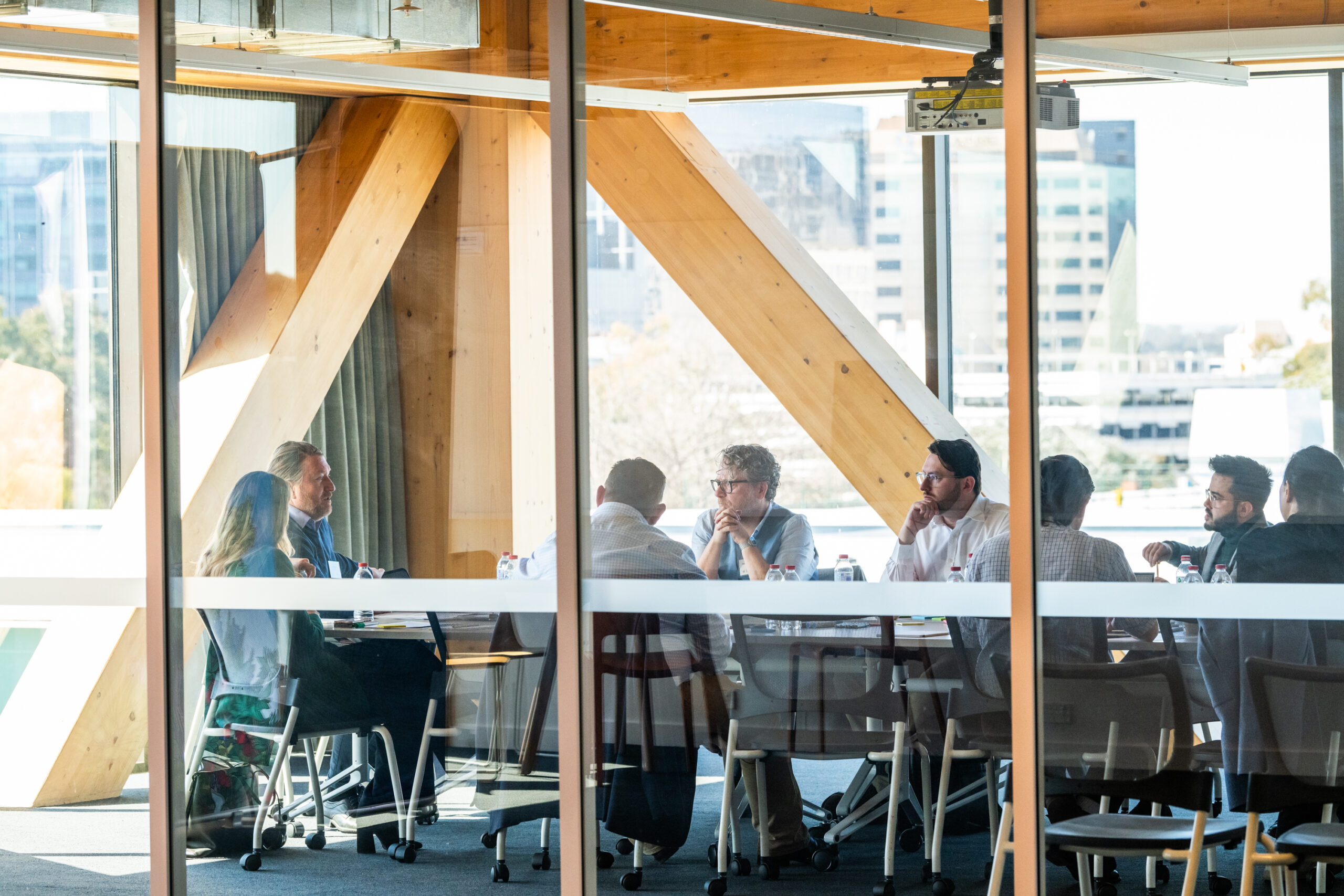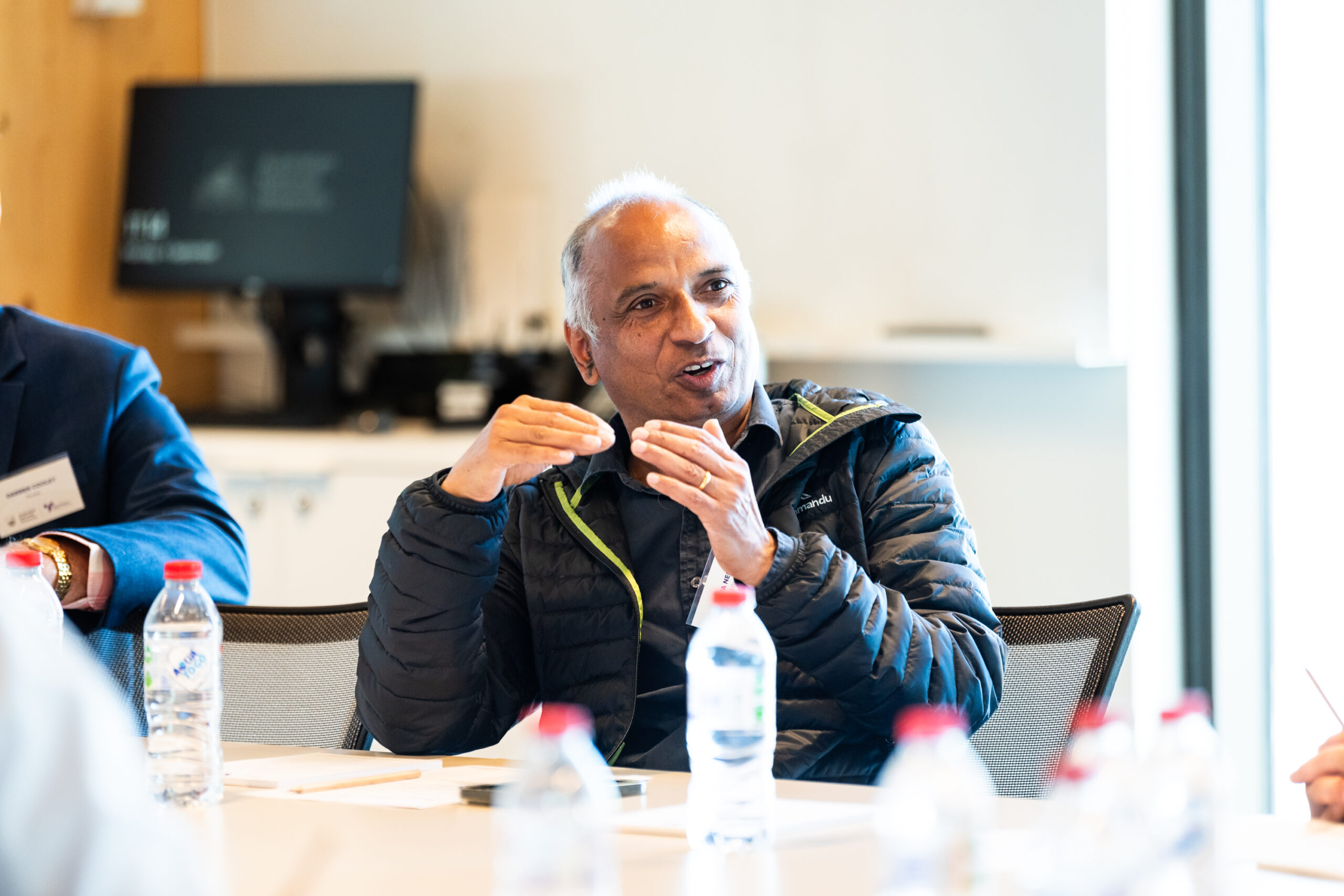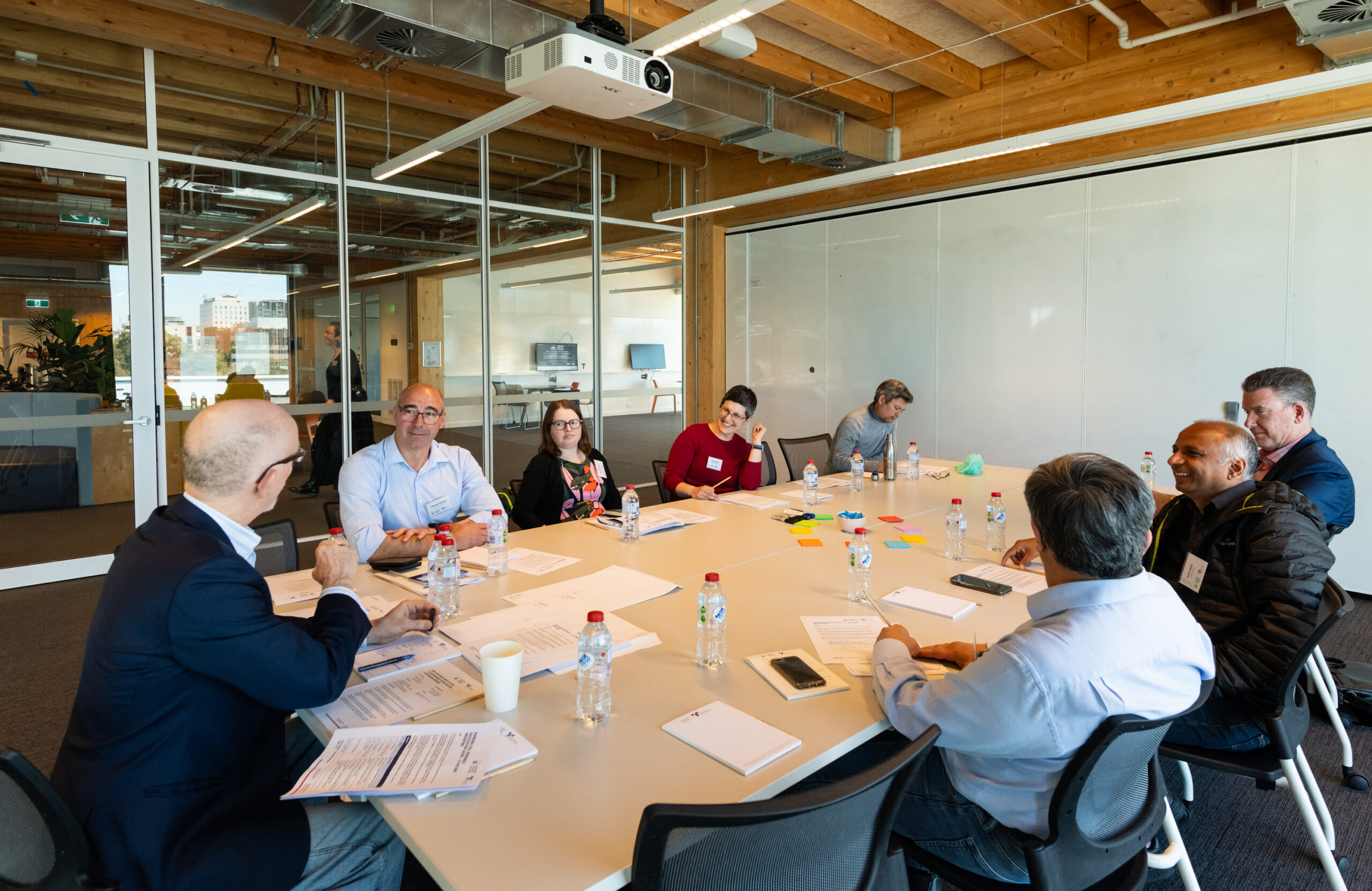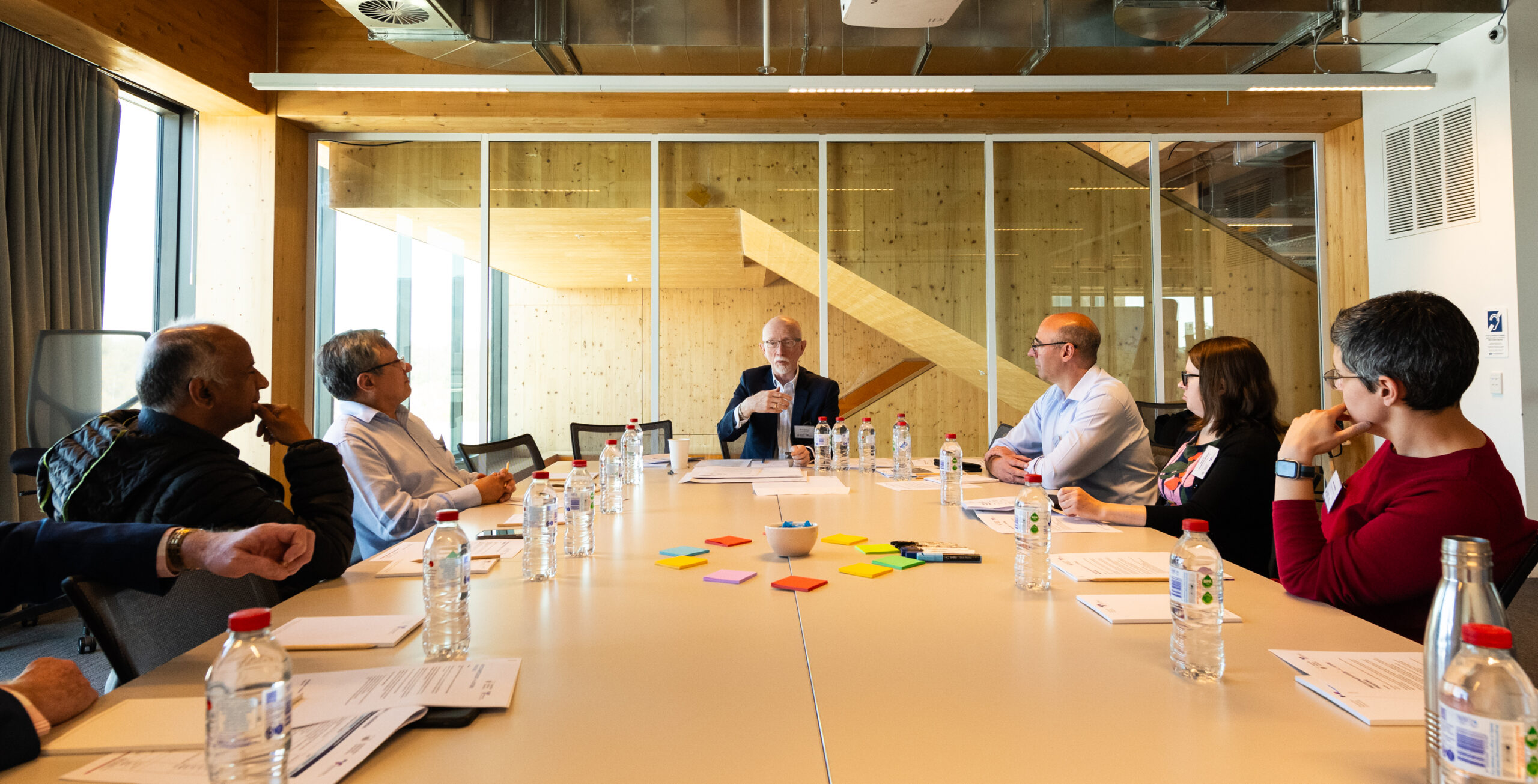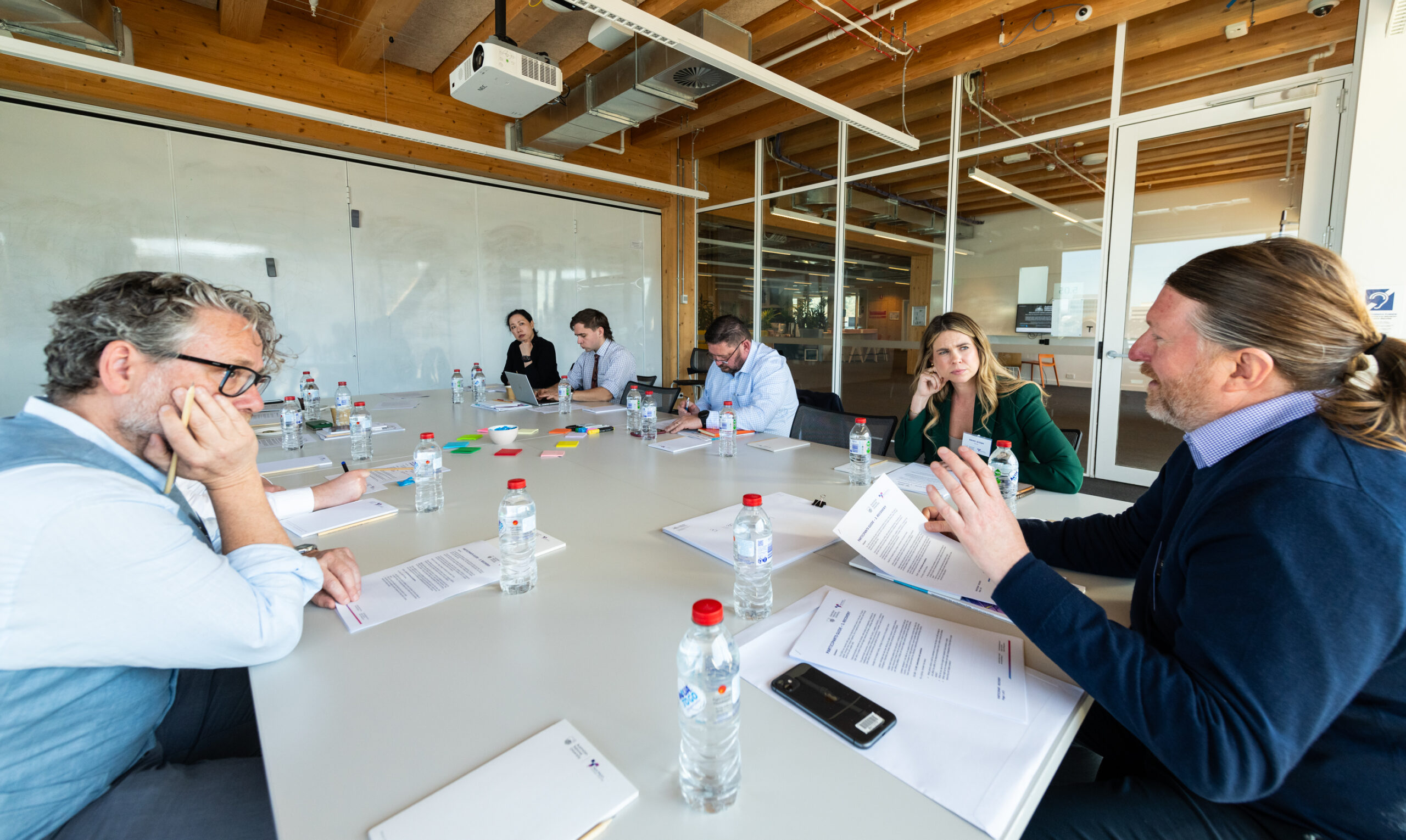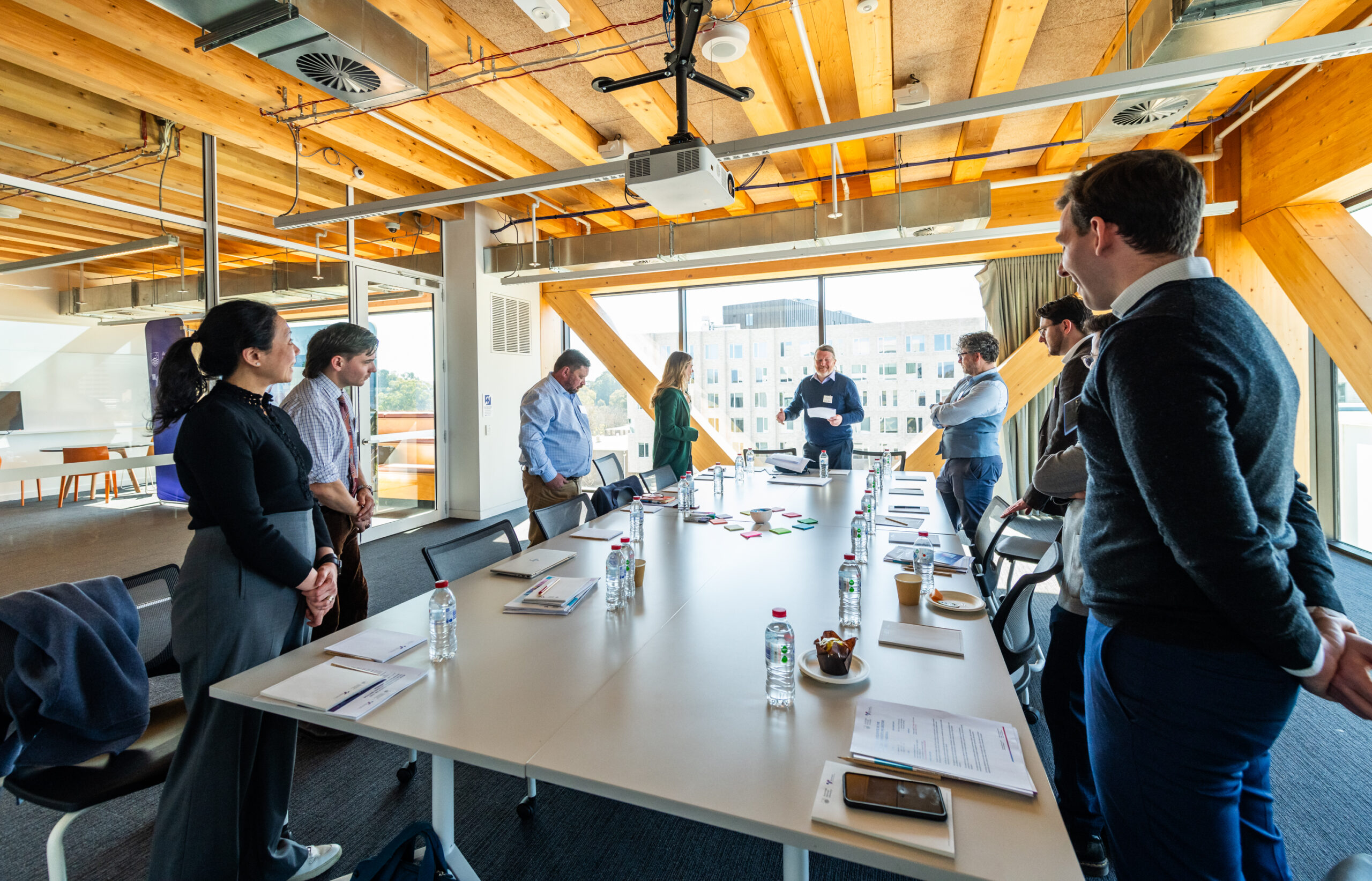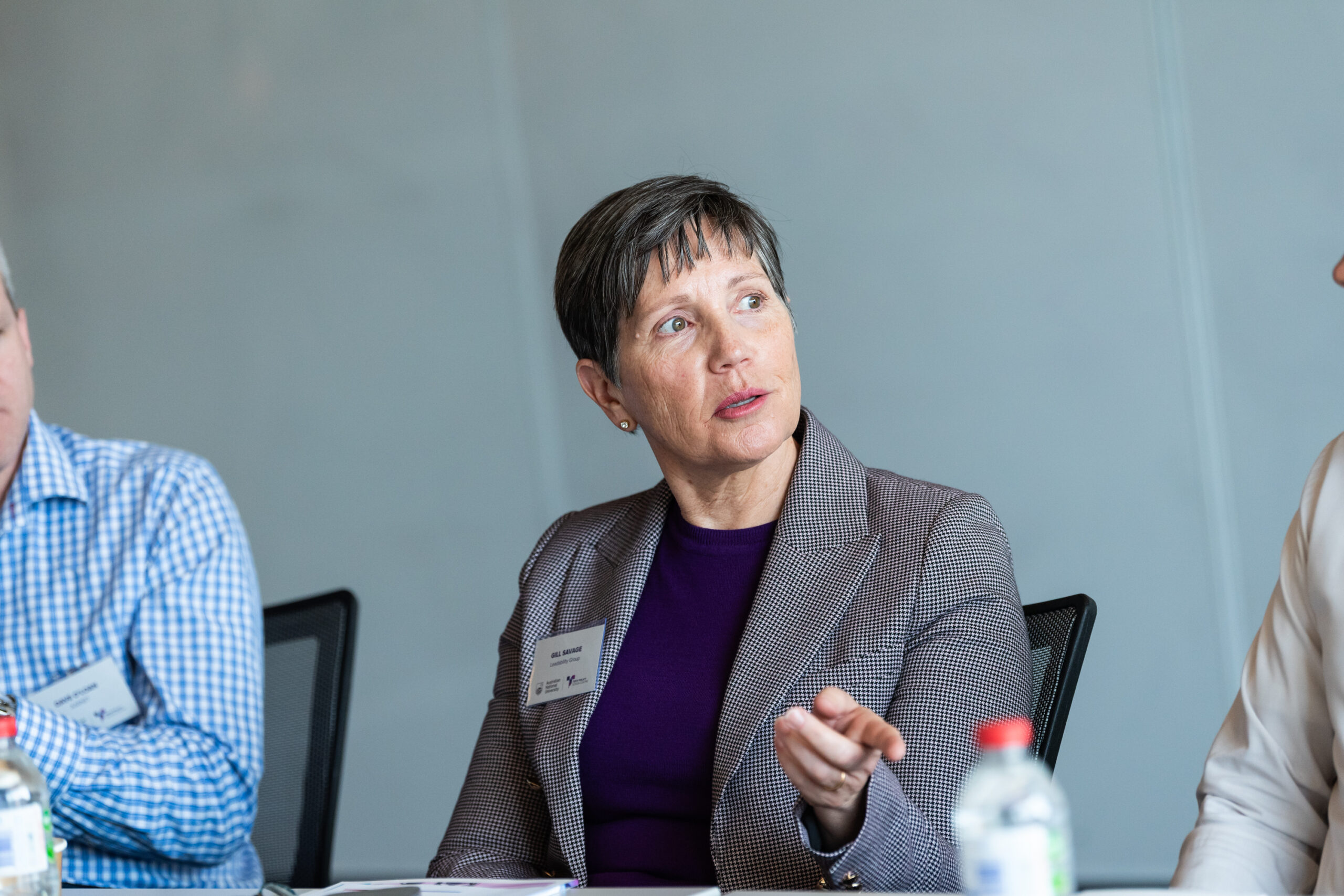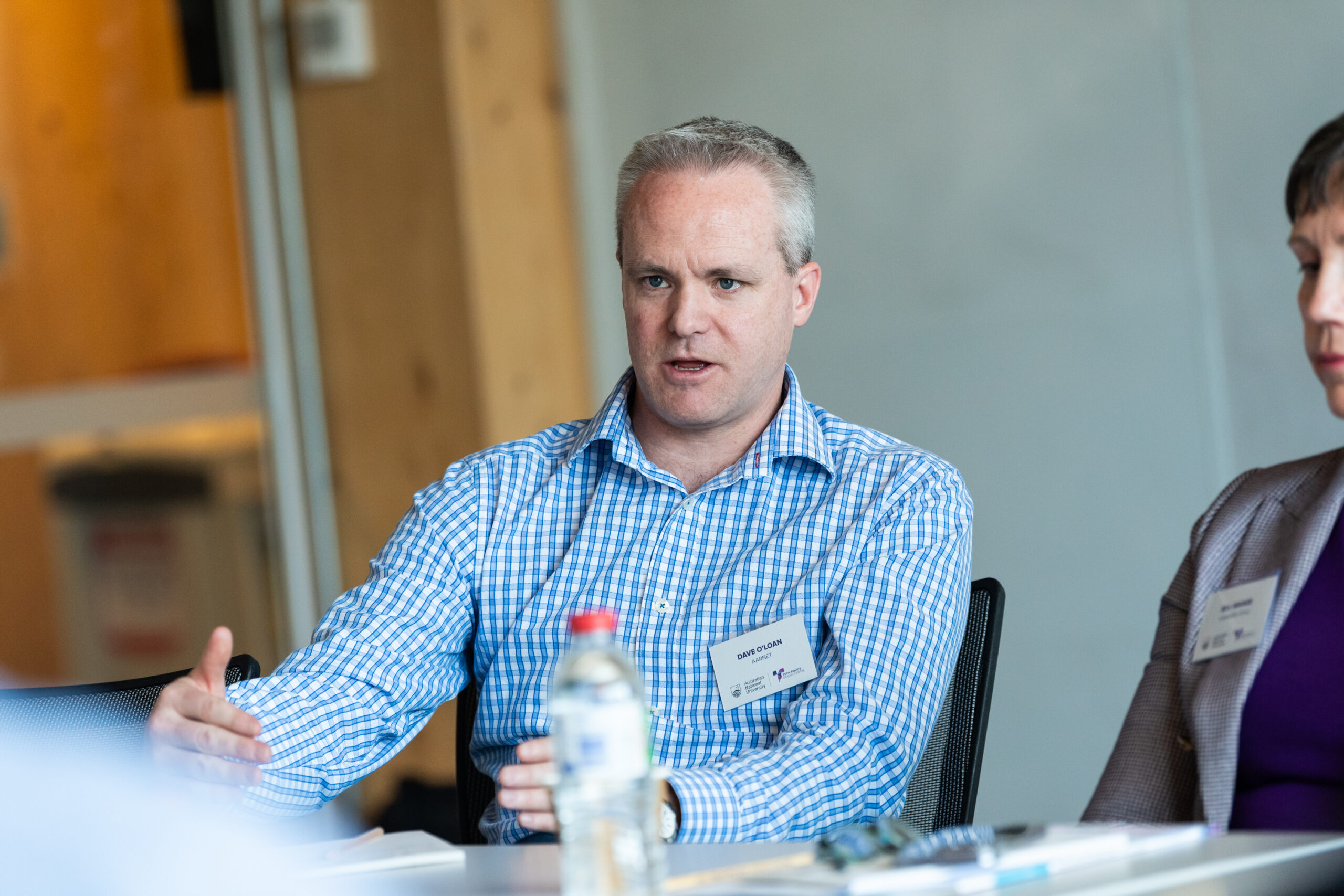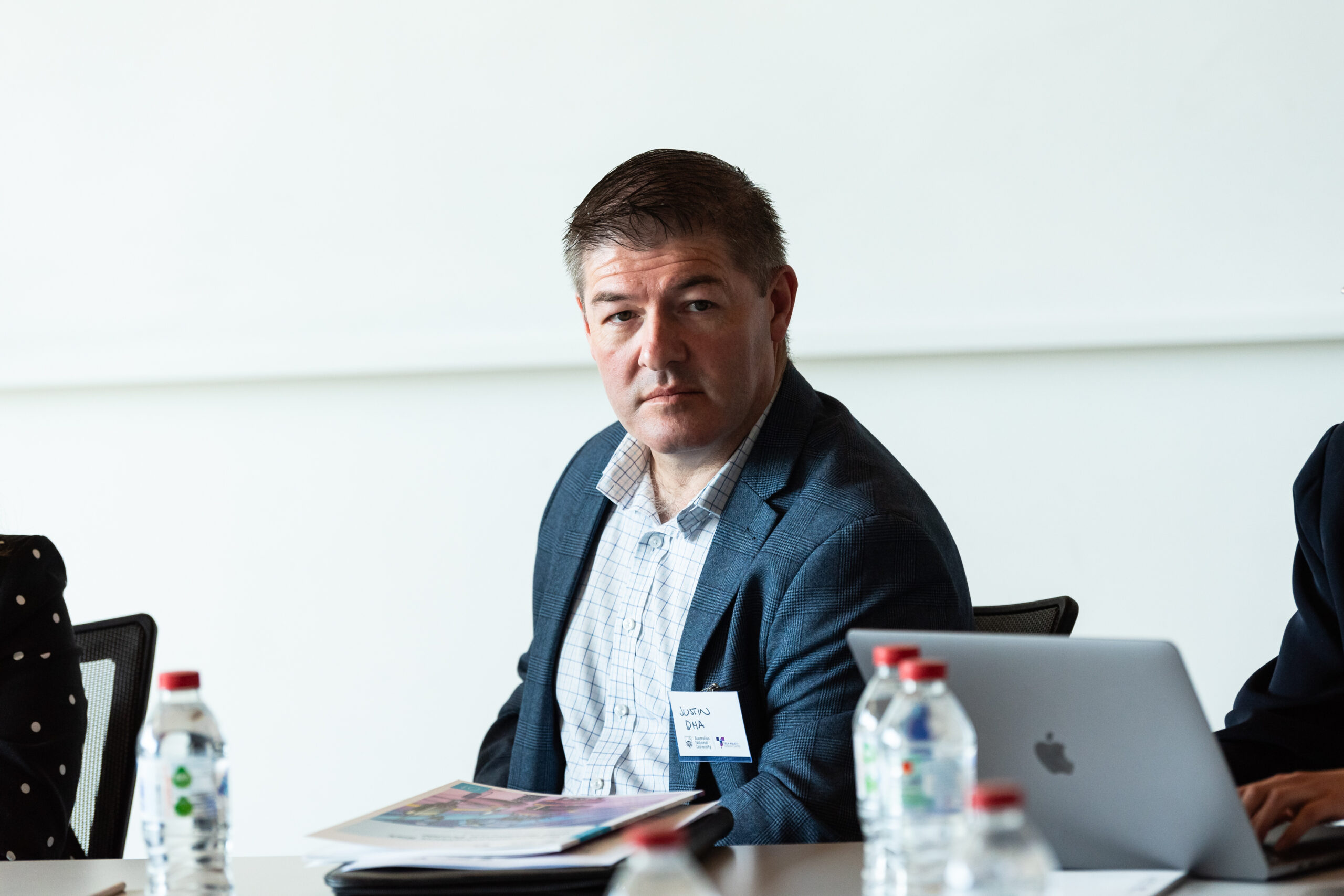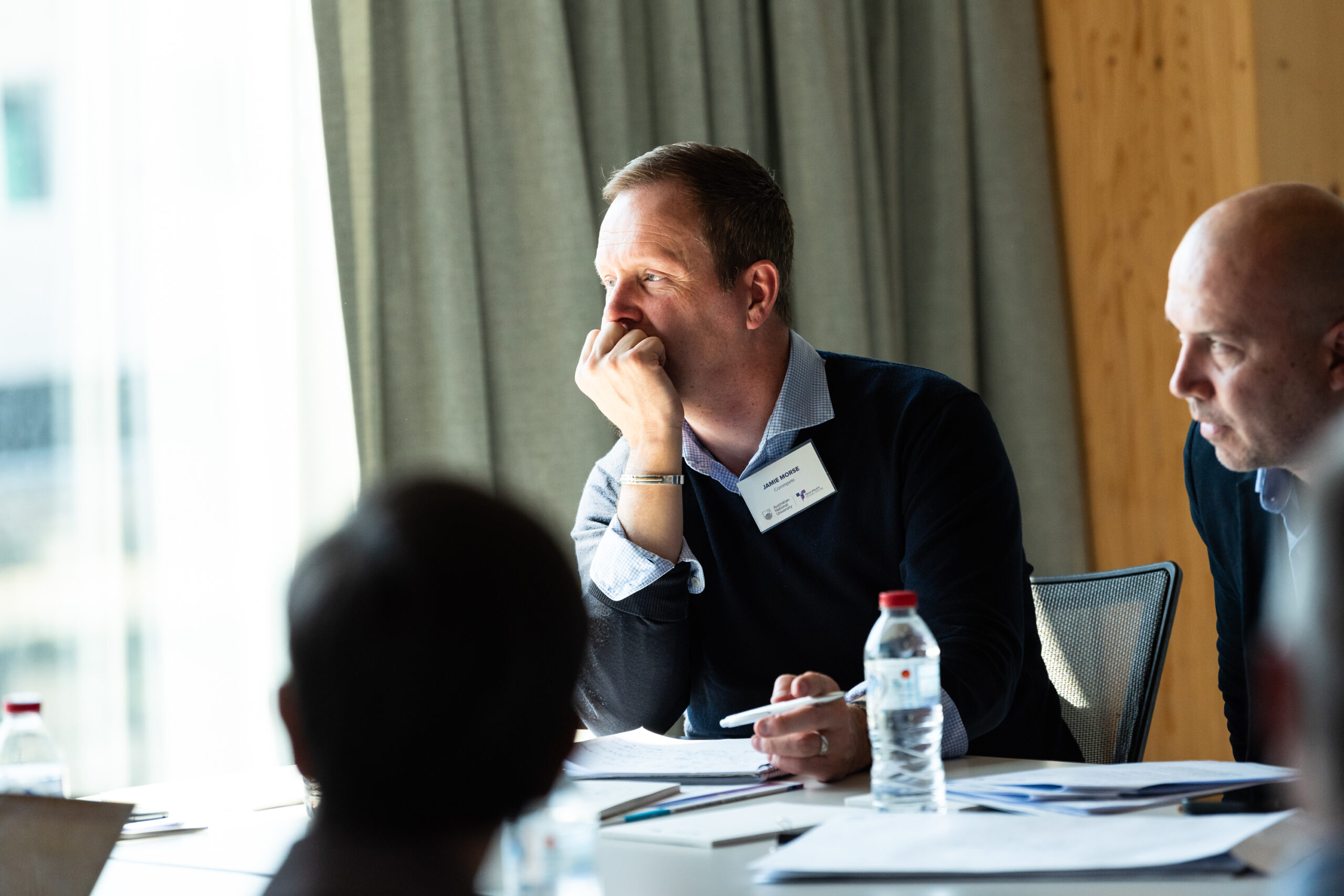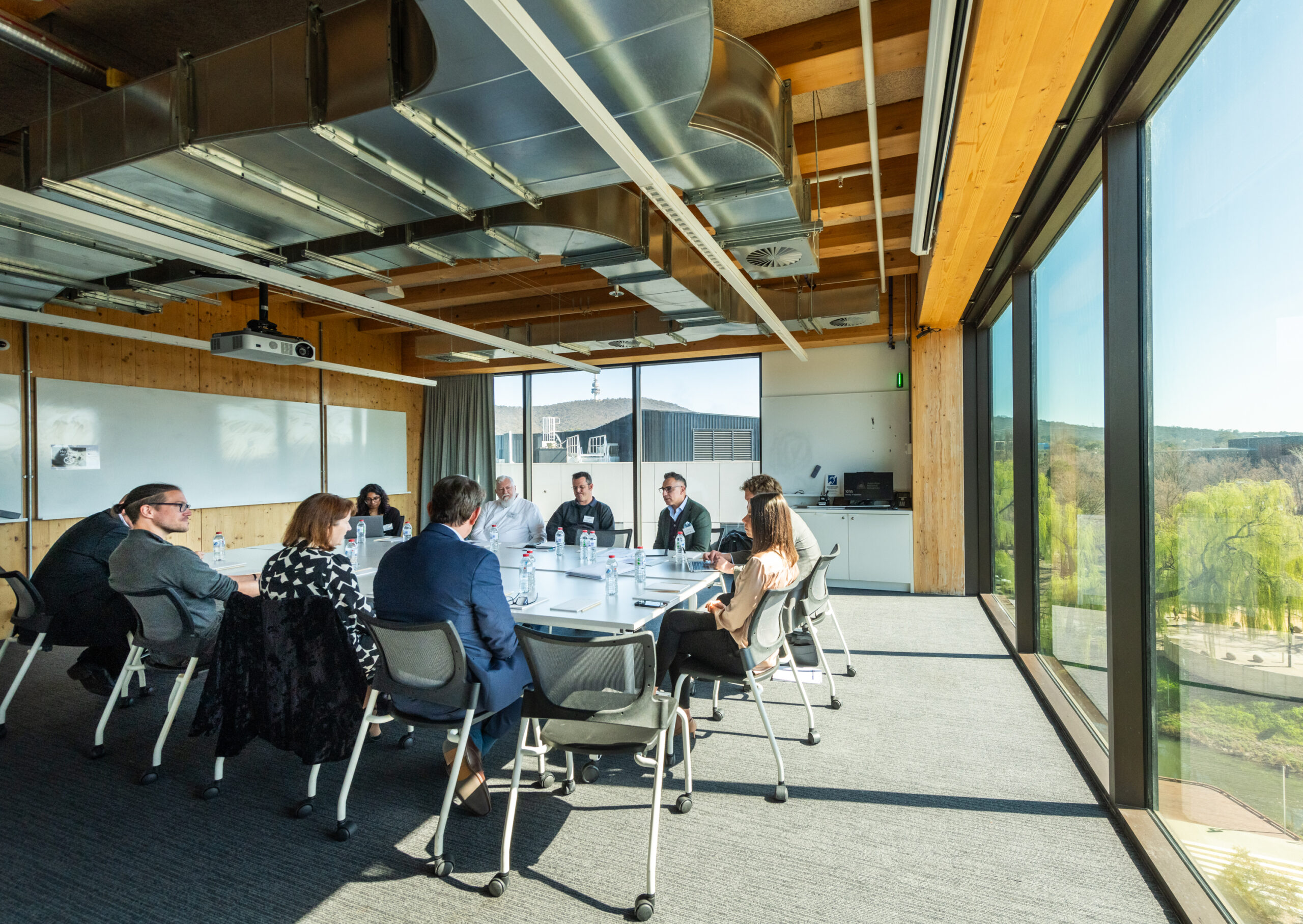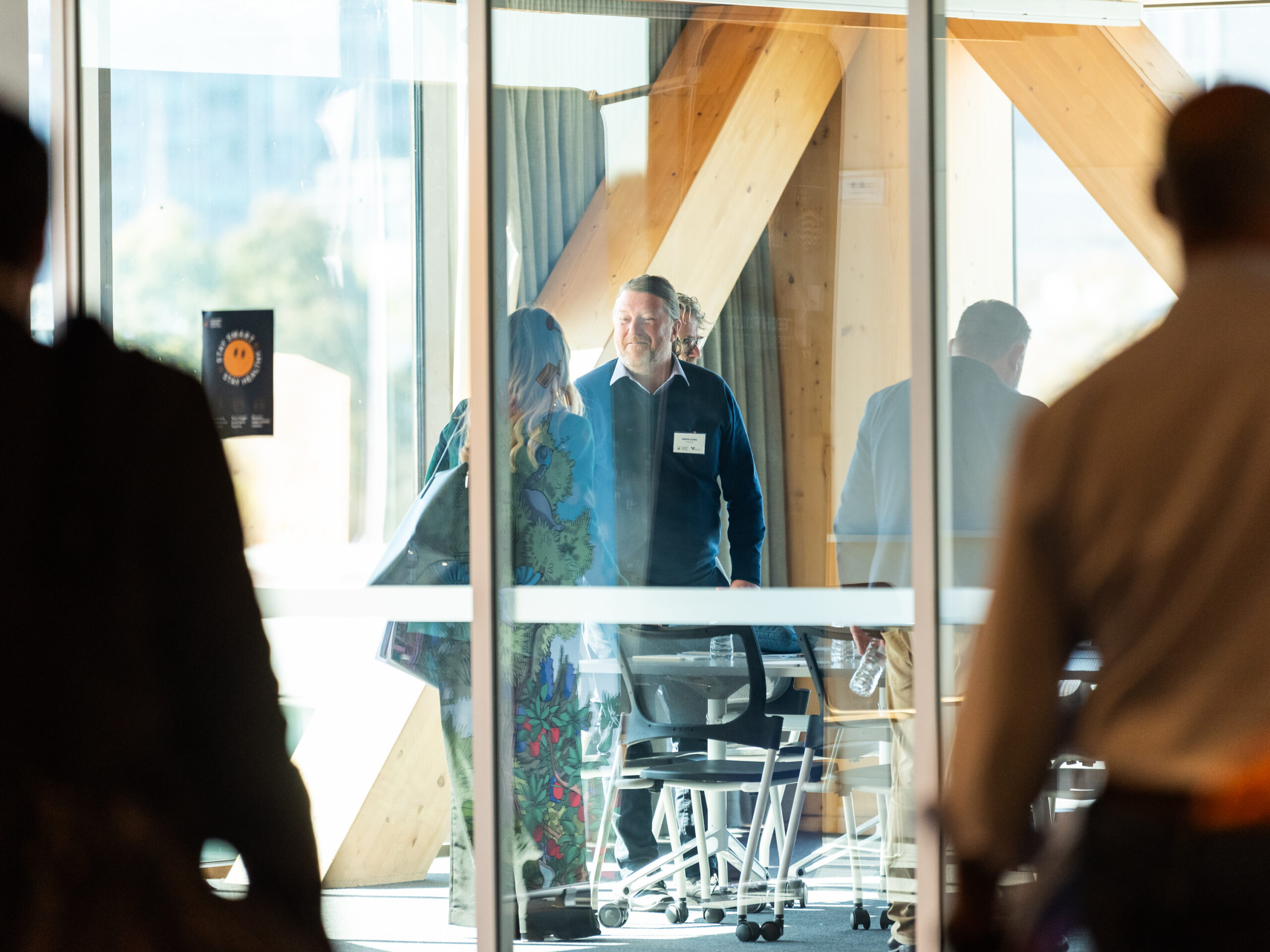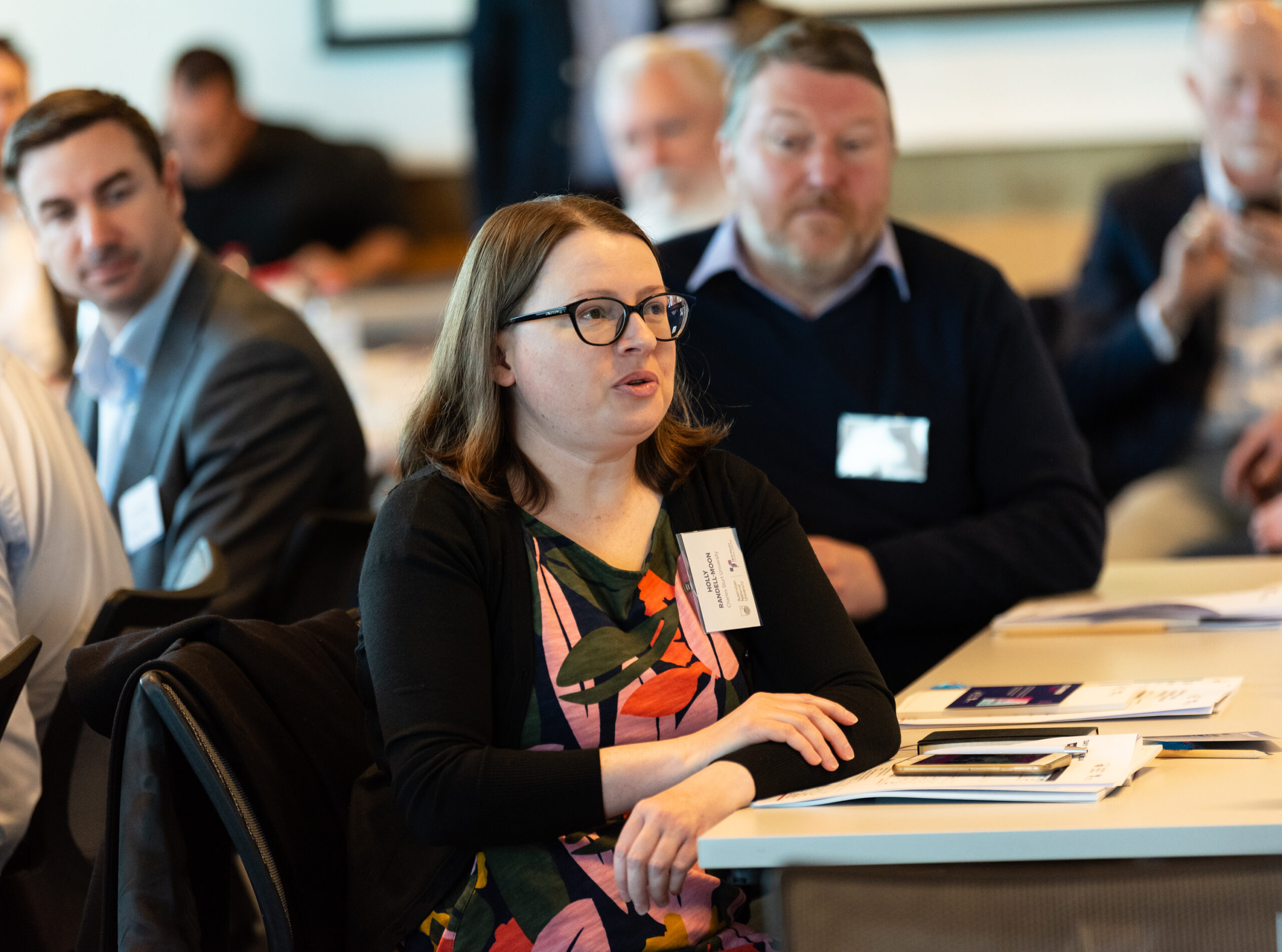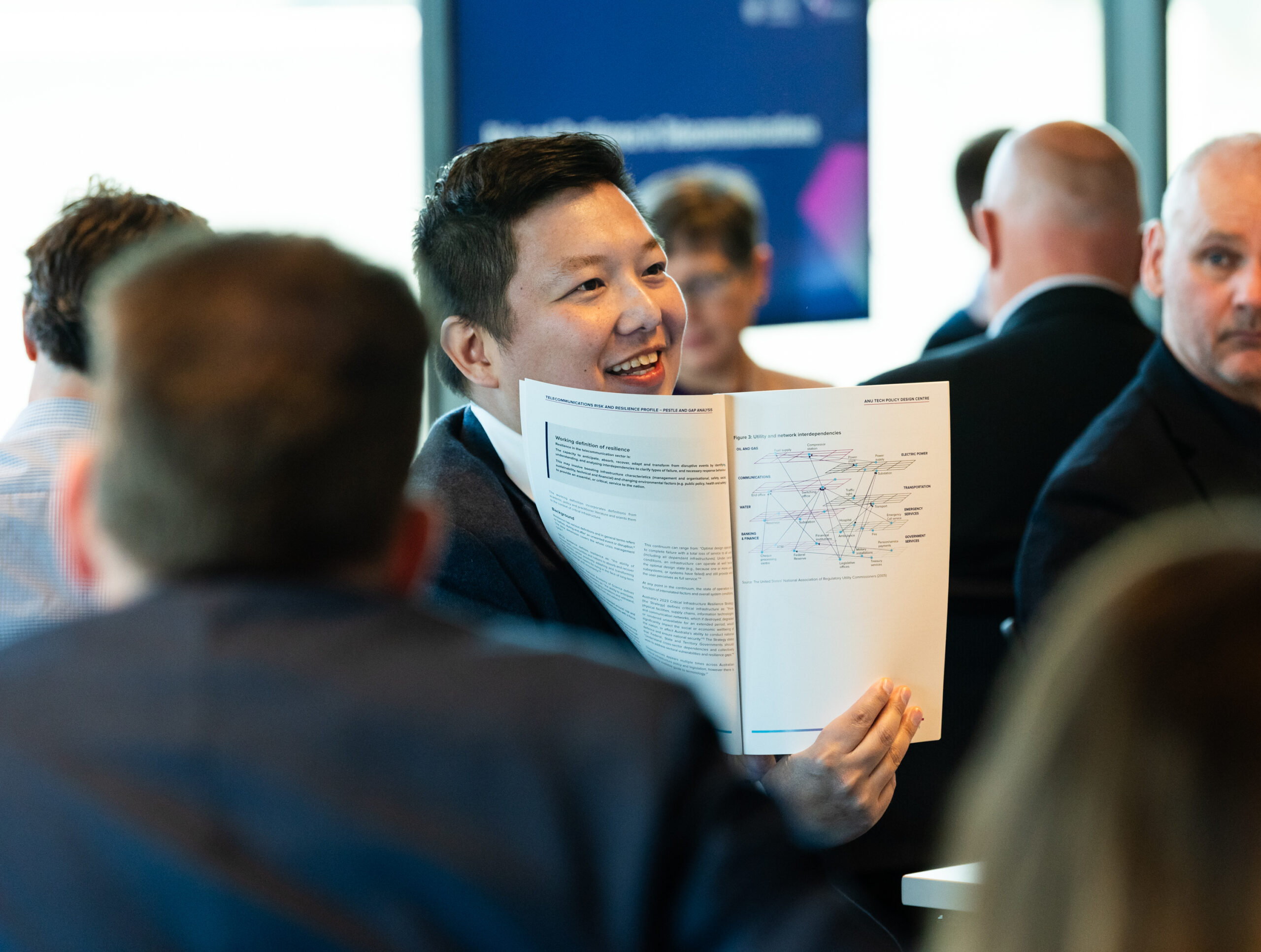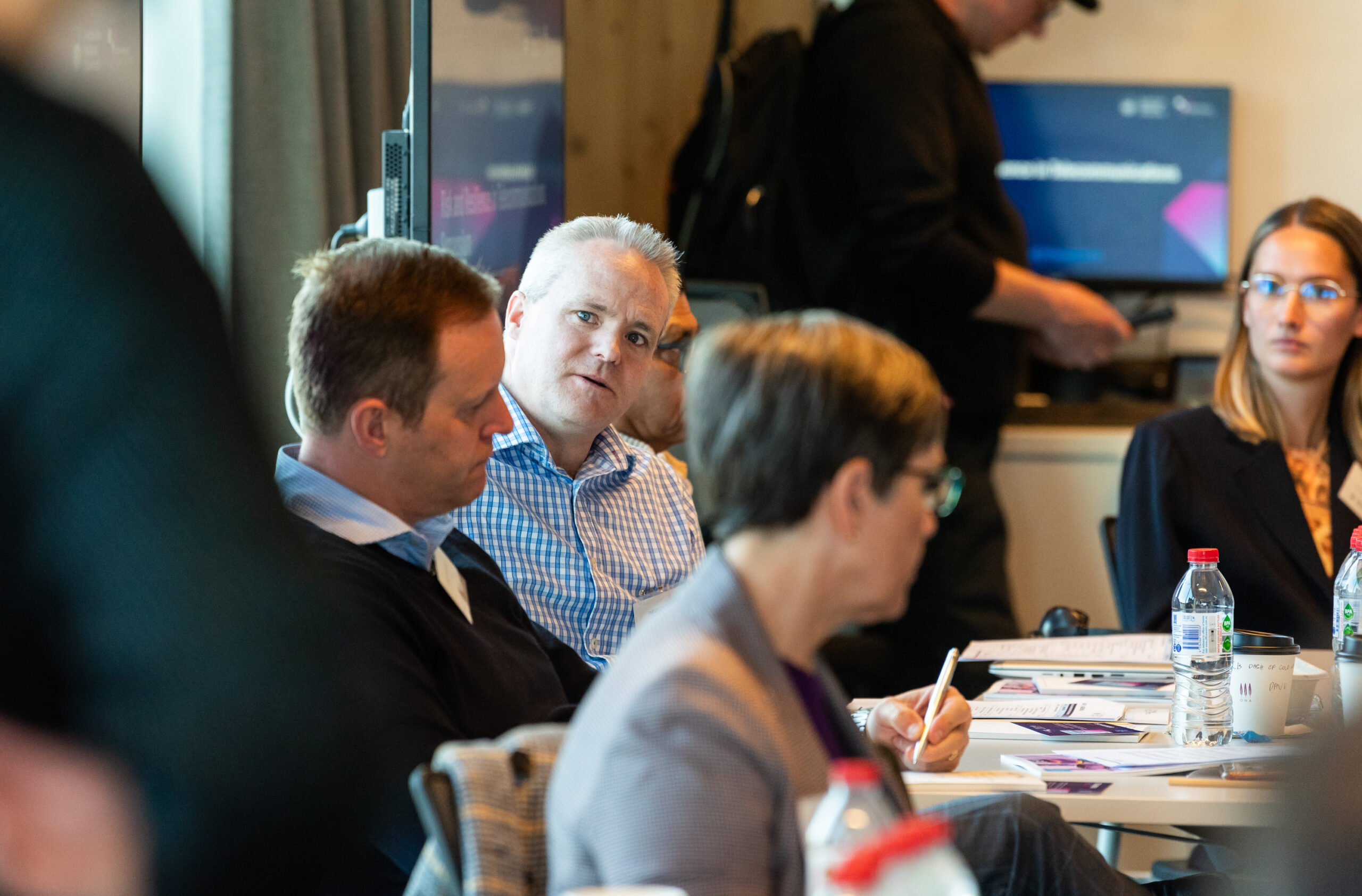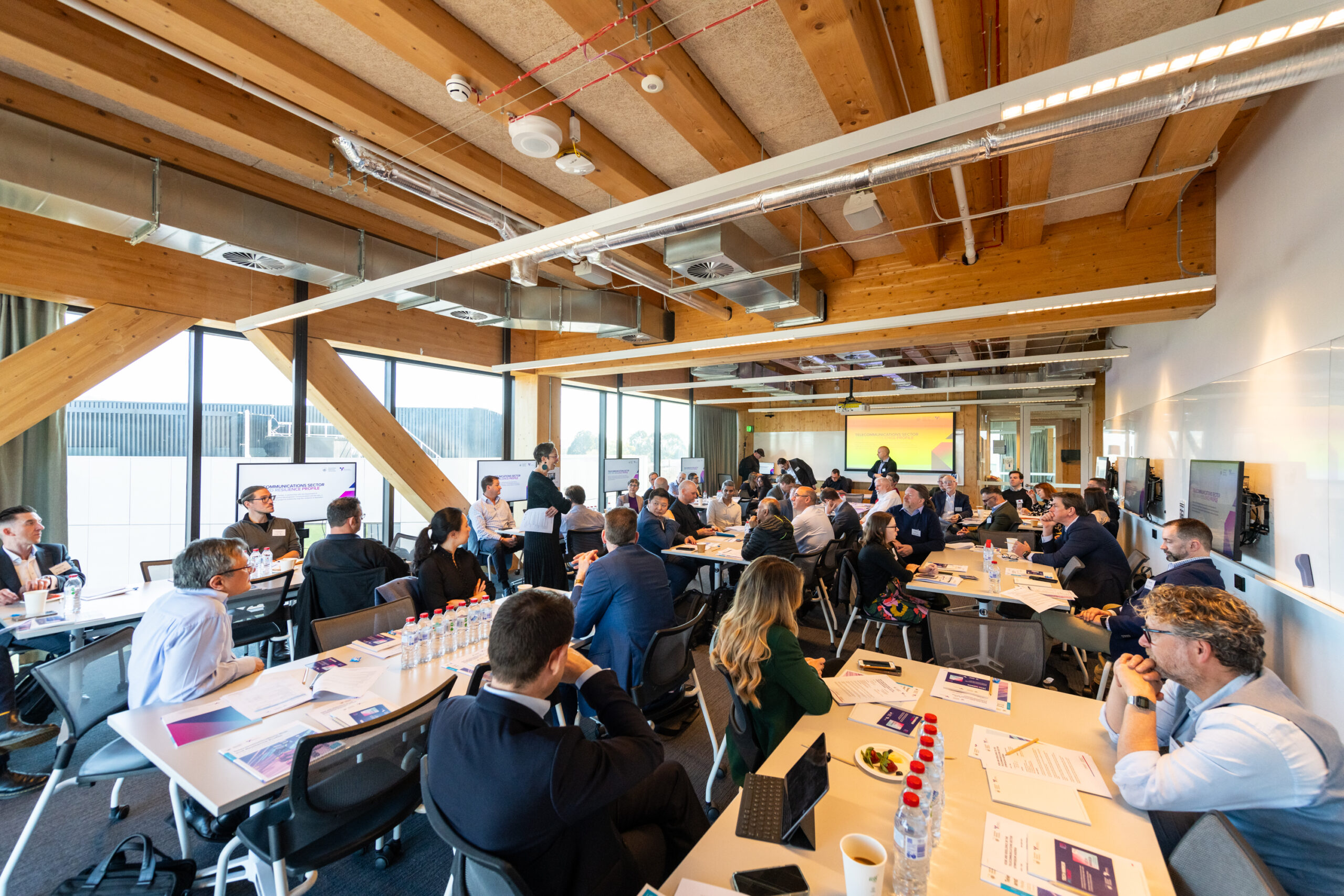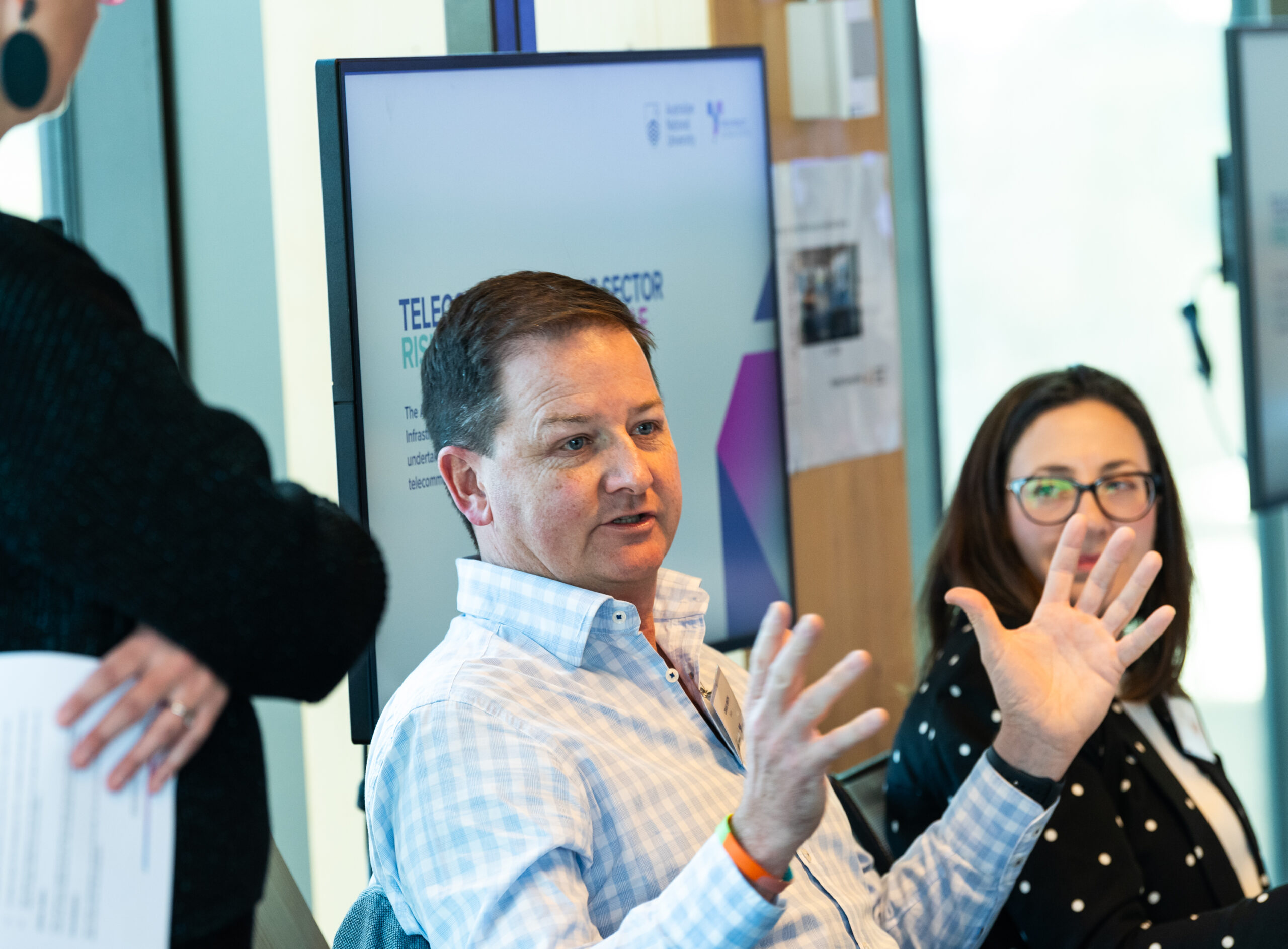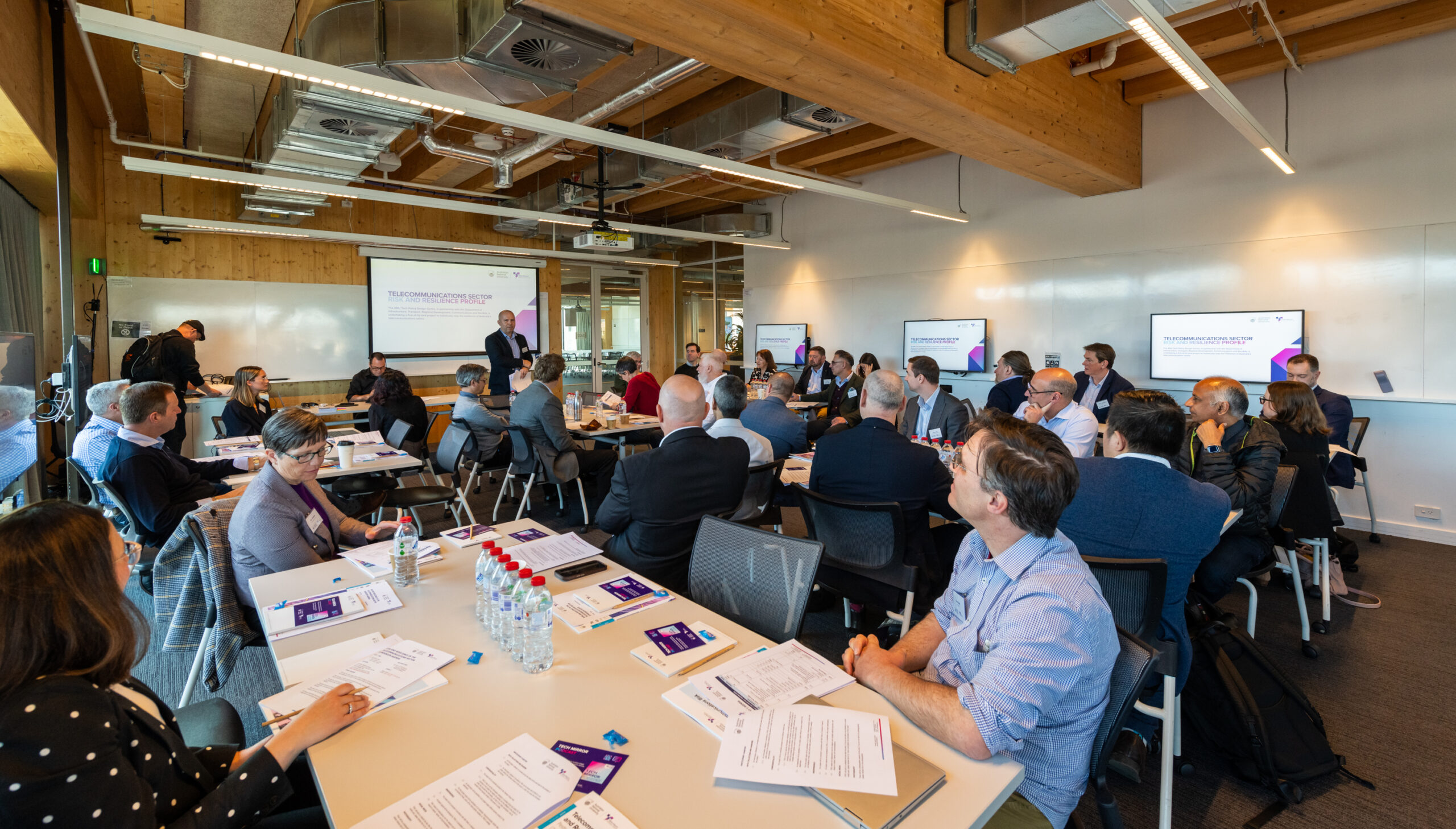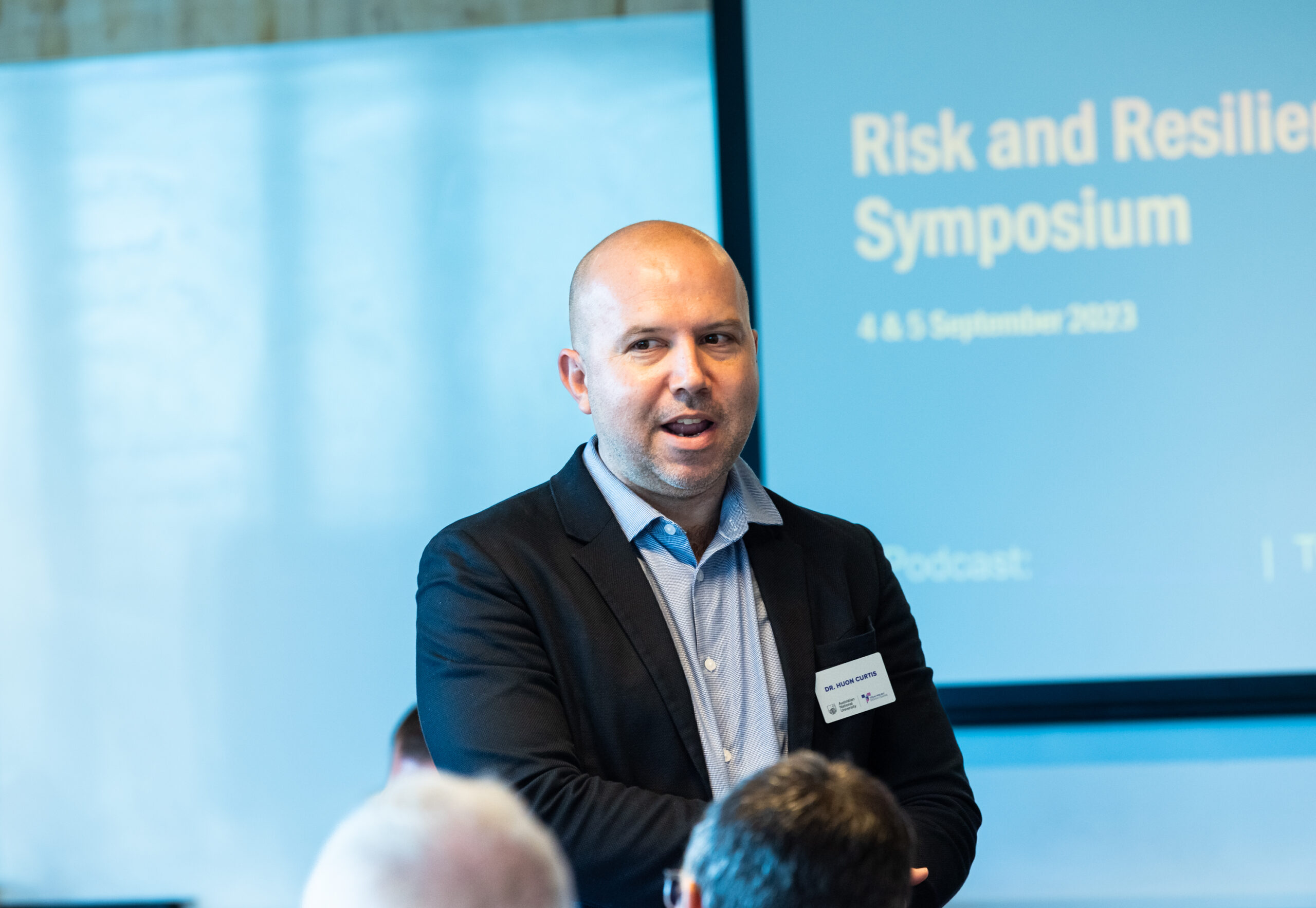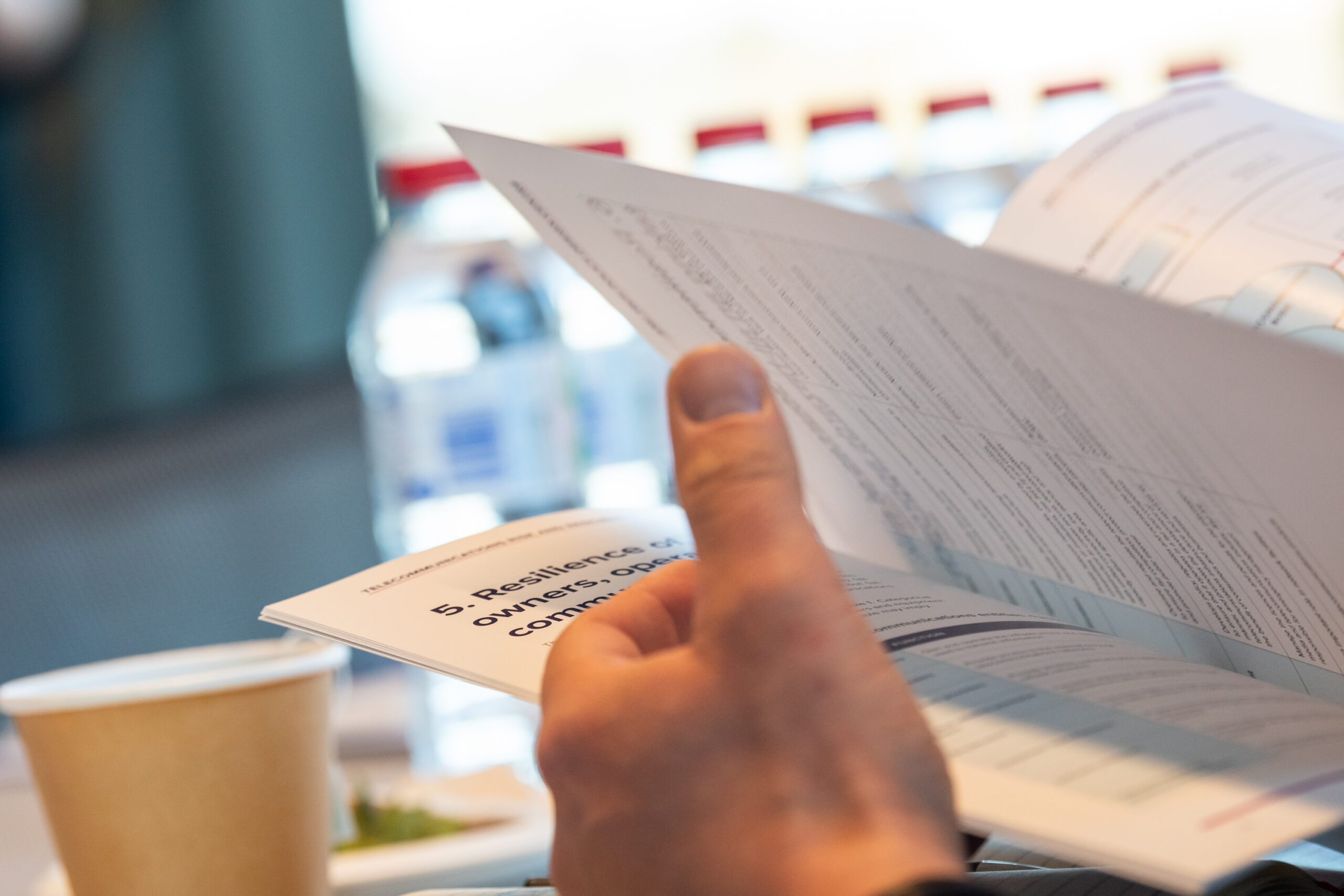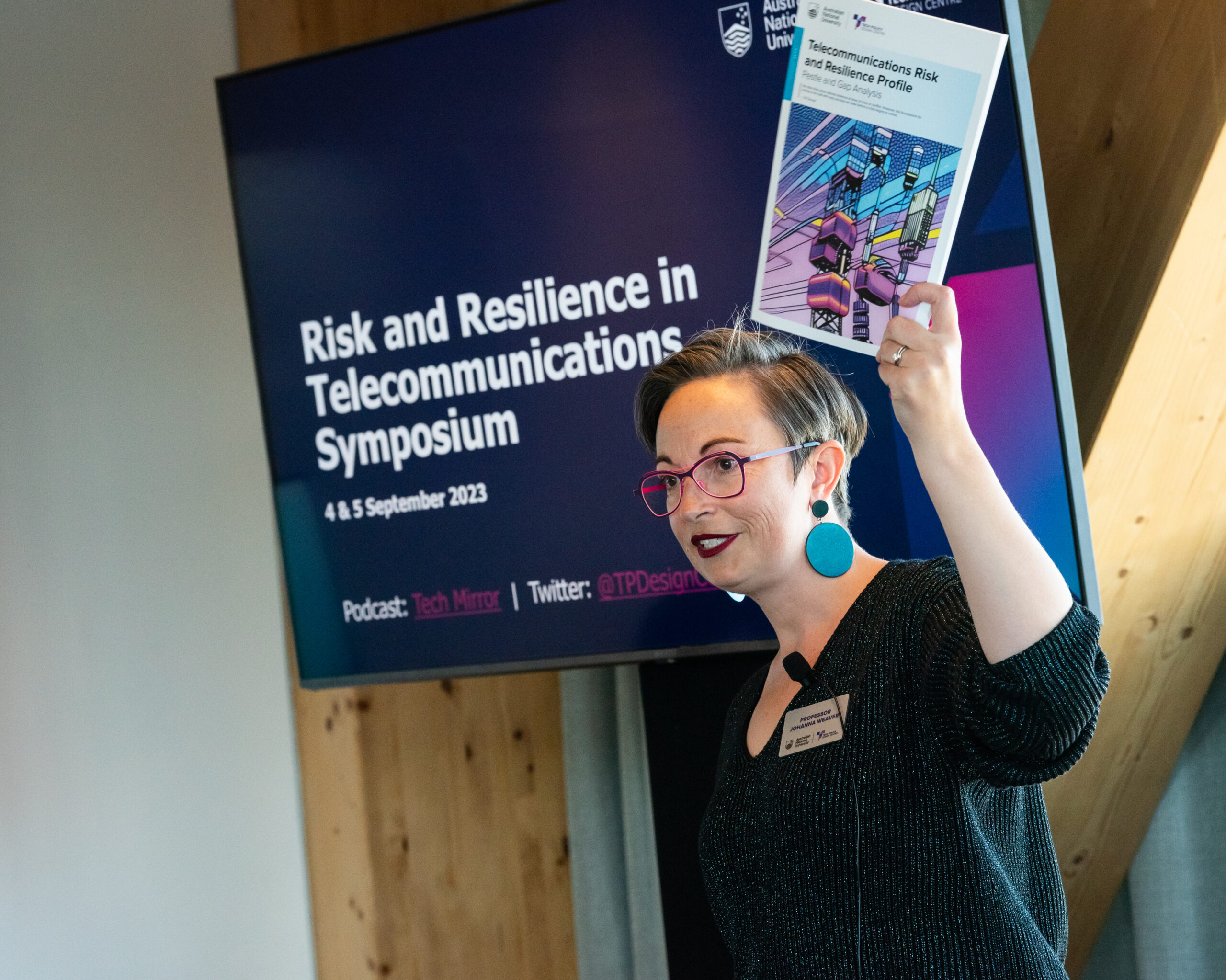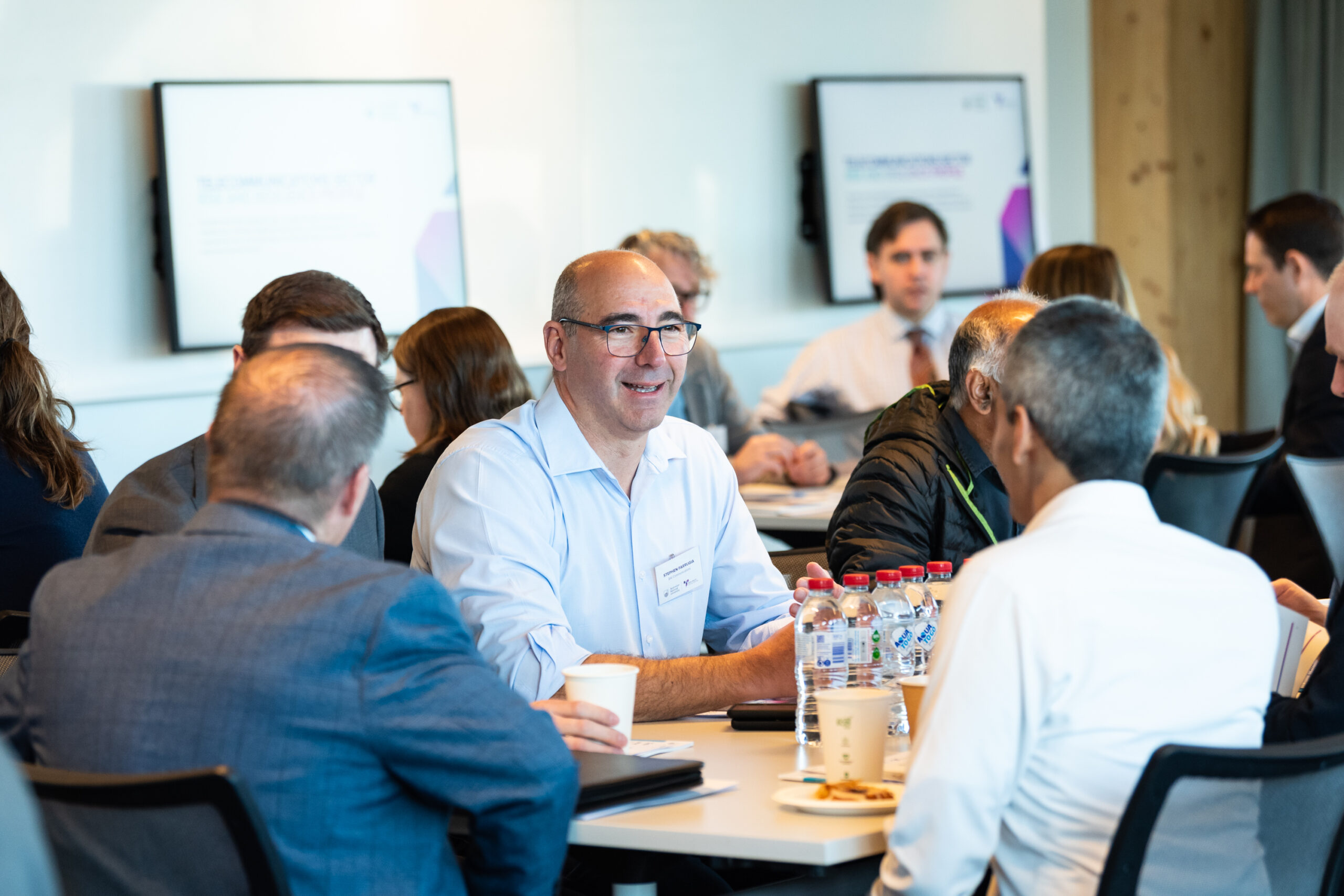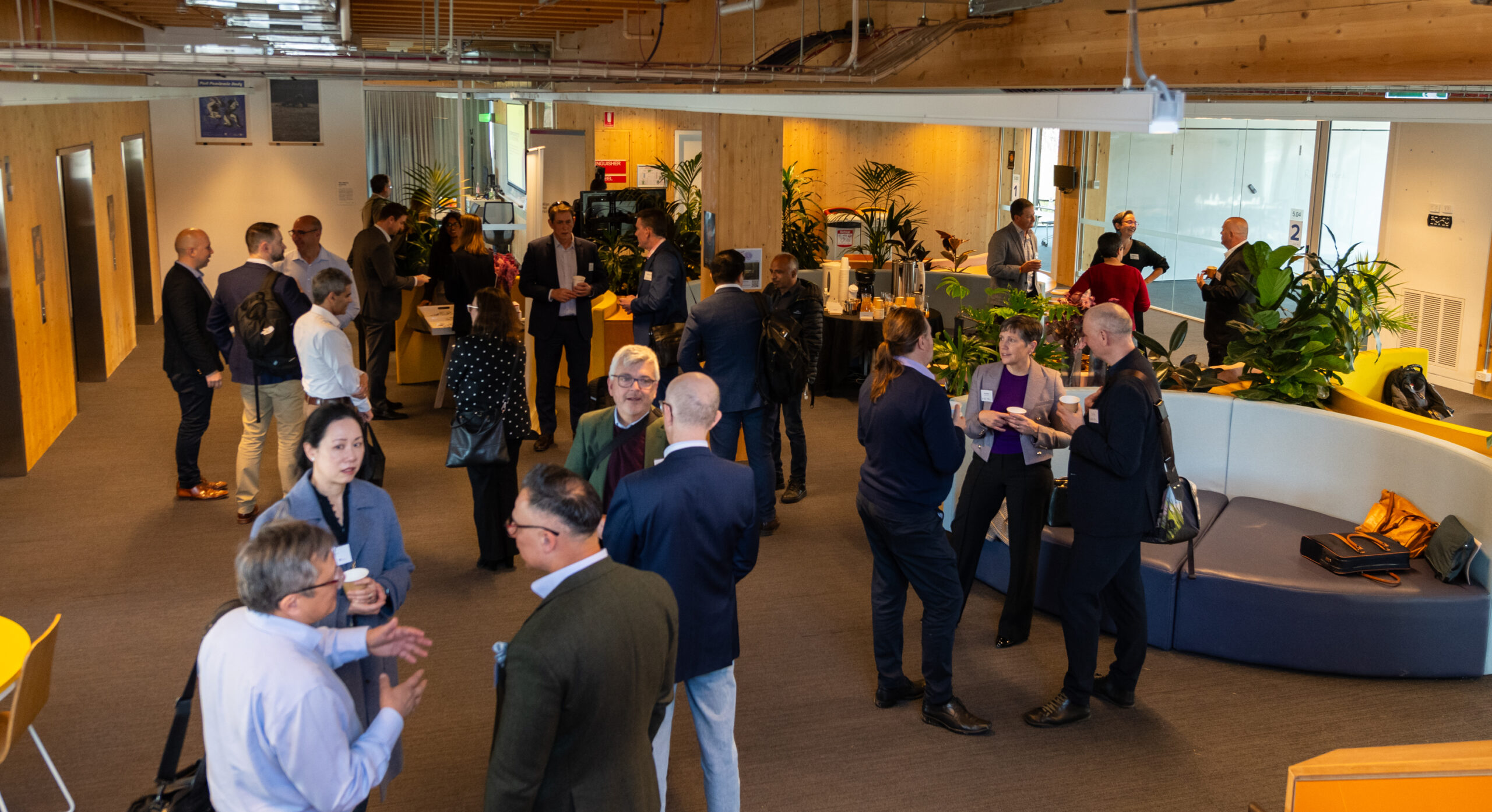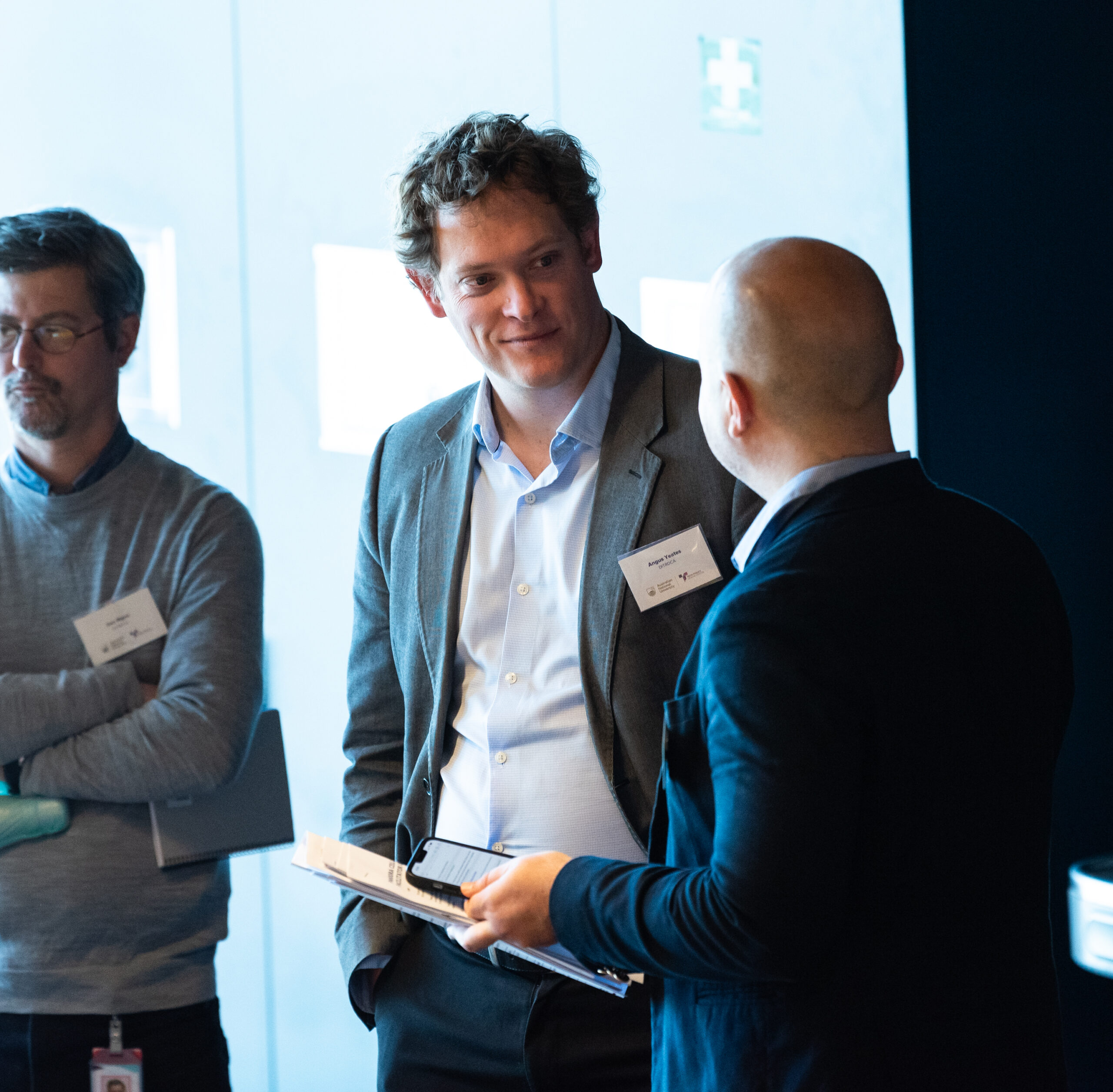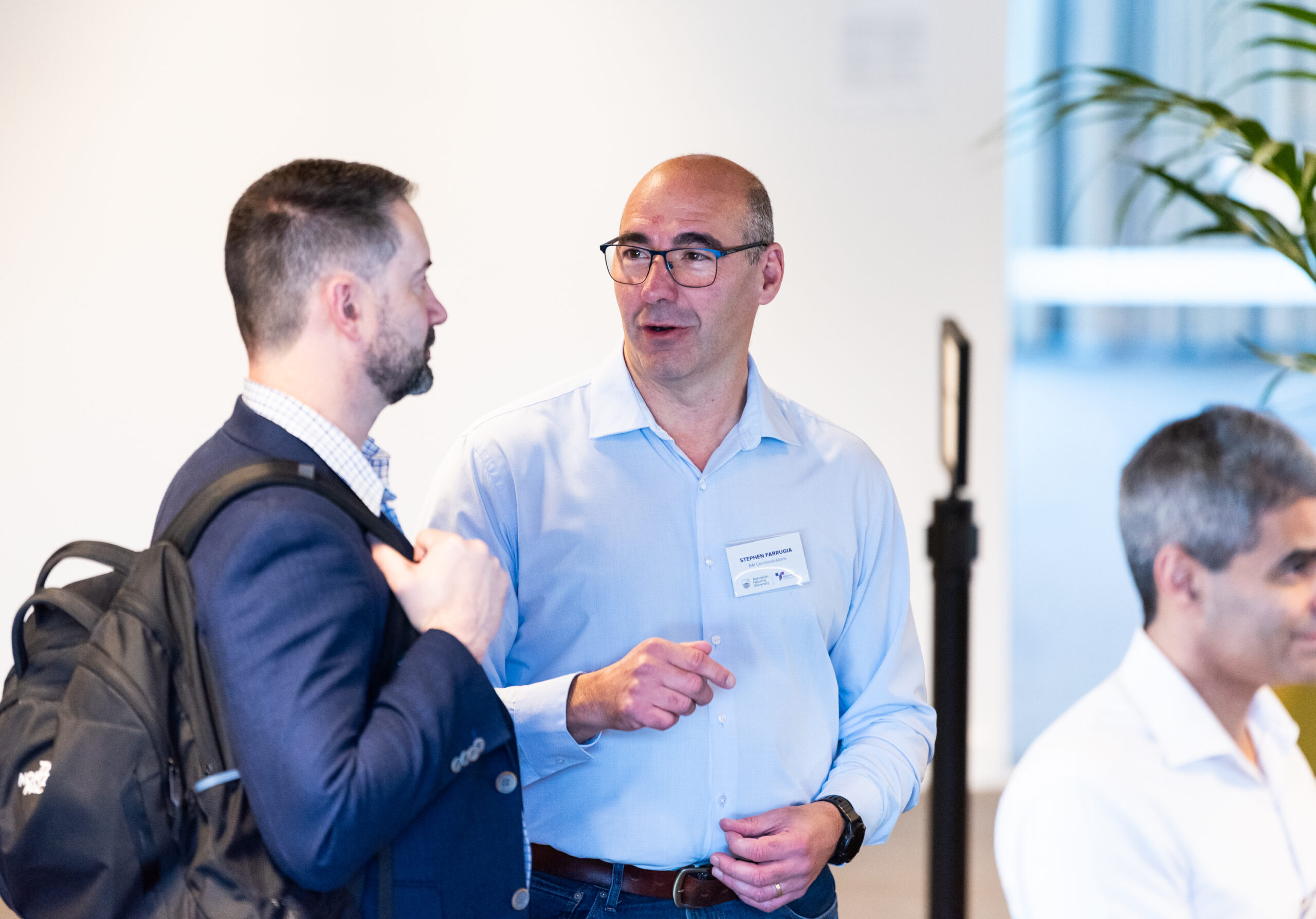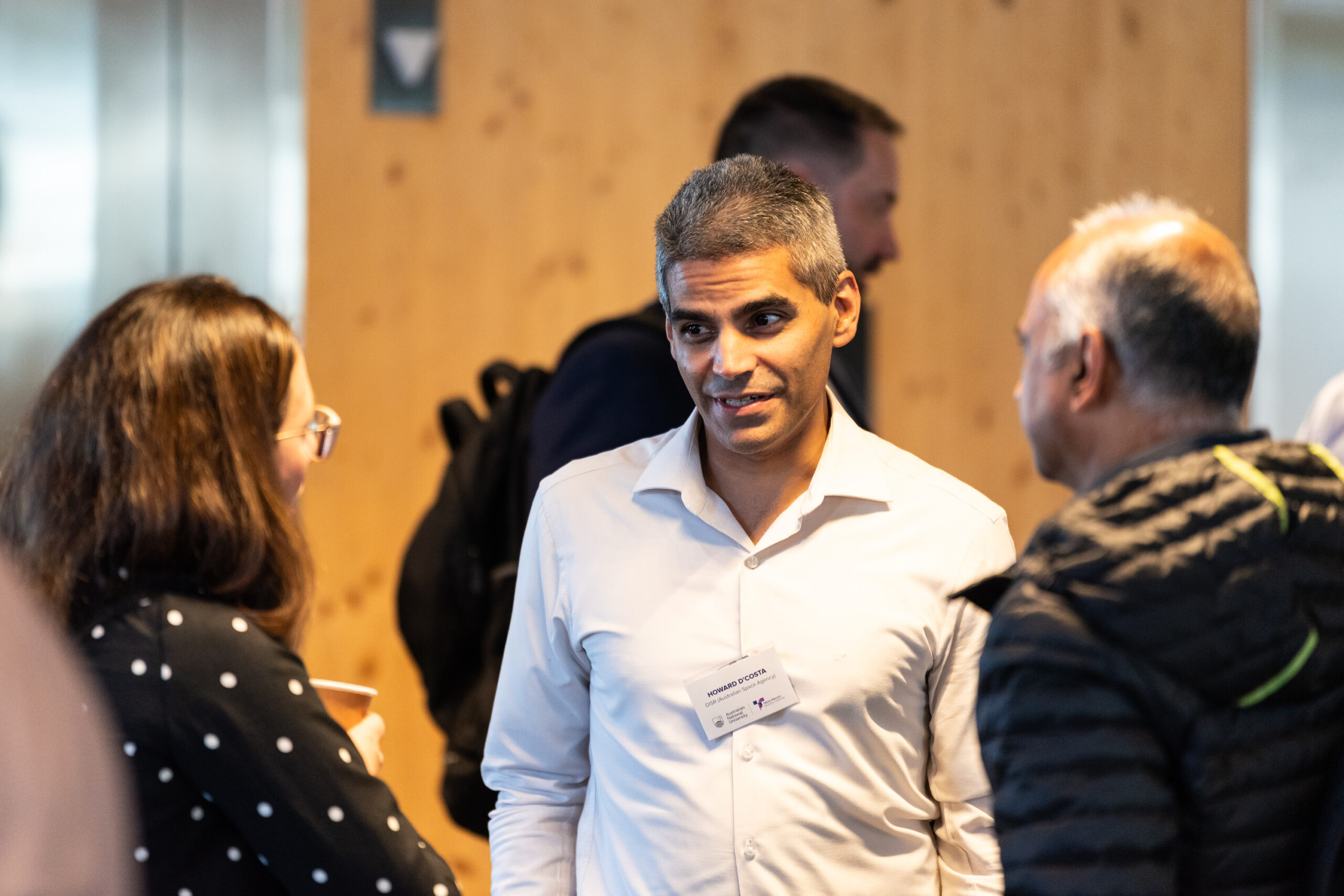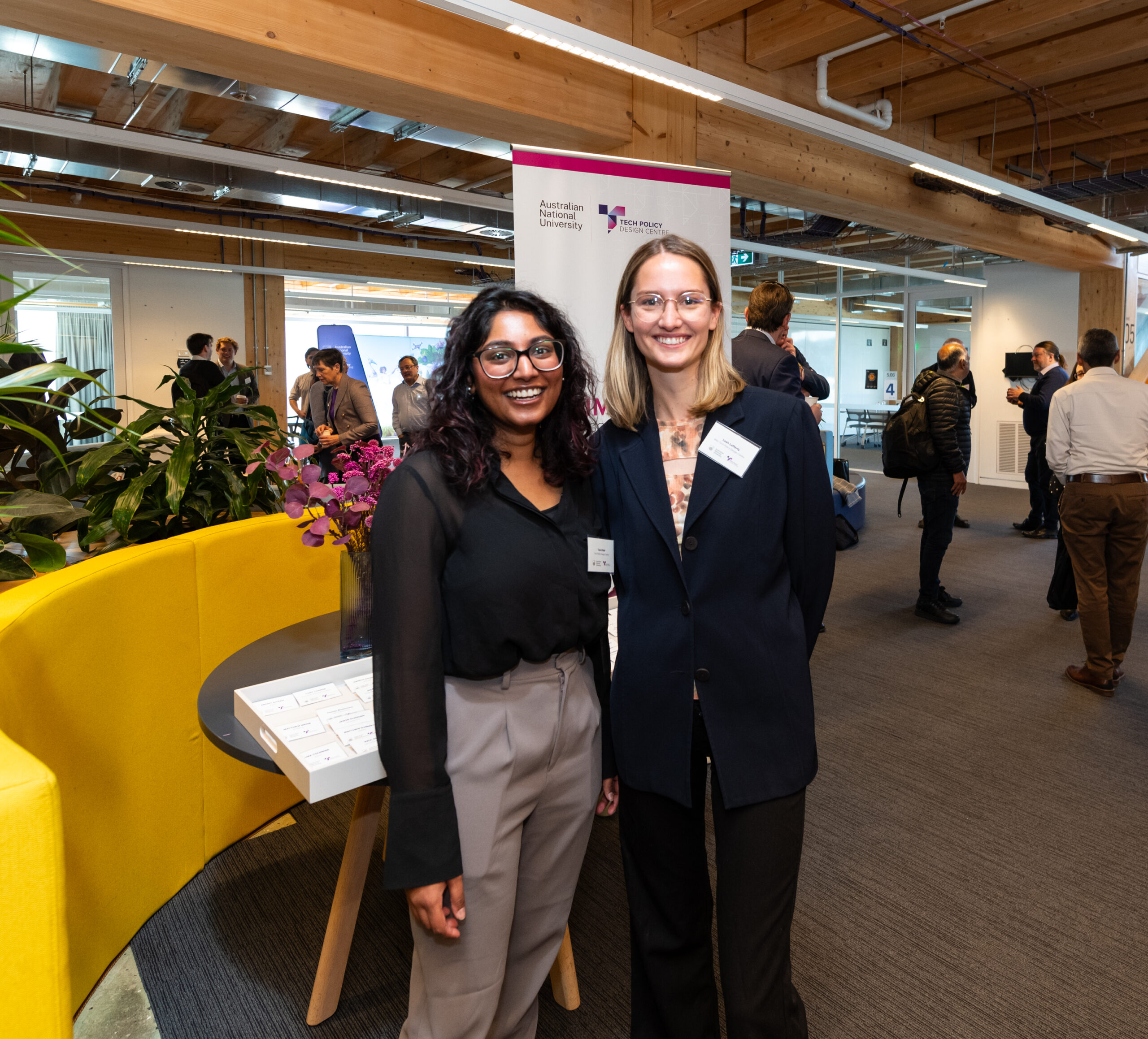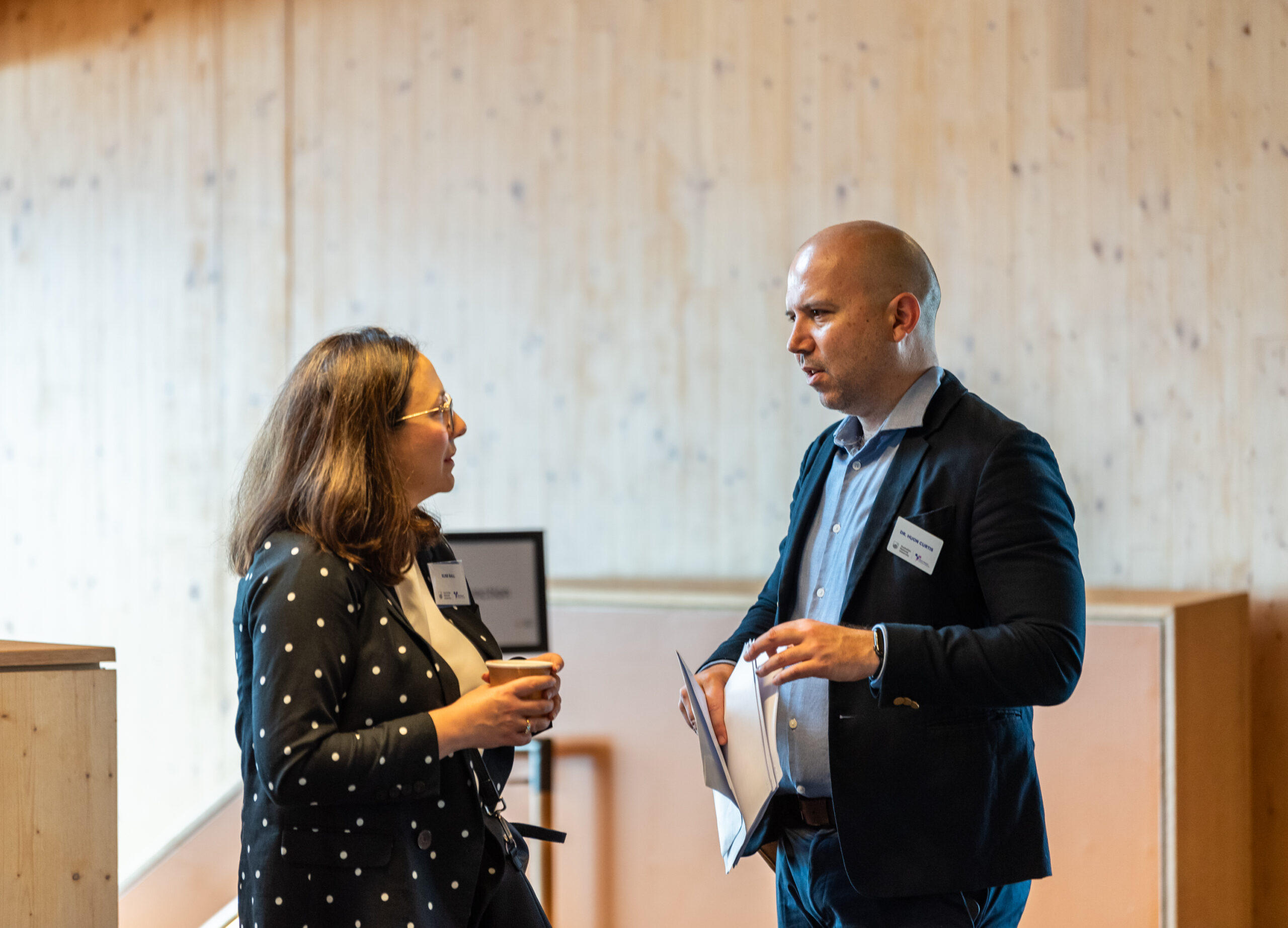Telecommunications Sector Risk and Resilience Profile
The ANU Tech Policy Design Centre, in partnership with the Department of Infrastructure, Transport, Regional Development, Communications and the Arts, undertook a first-of-its kind project to holistically map the resilience of Australia’s telecommunications sector.
Report: Australian Telecommunications Sector Resilience Profile
Keeping Australia connected in an uncertain world
This landmark initiative unveils Australia’s first telecommunications sector resilience profile. It sets a benchmark by measuring current sector maturity, provides an evidence base for future policies and decisions, and articulates a collective vision for a fully optimised resilient telecommunications sector.
A summary of the key findings from the report can be downloaded here.
Australian Telecommunications Sector Resilience Profile Summary
A summary of the key findings from the report can be viewed here: Australian Telecommunications Sector Resilience Profile Summary
Project Overview
The objective of the project was to develop an all-hazards, sector-wide telecommunications risk and resilience profile, which provides an independent evidence base for future policy decisions.
The project focused on resilience of the telecommunications sector in areas of existing connectivity. It considered the impact of natural disasters, systemic failures, and human-driven disruption. The project drew on the collective expertise of government, industry, utility providers, emergency services, the risk and disaster management community, and academia.
The final product is Australia’s first sector-wide telecommunications risk and resilience profile.
The Tech Policy Design Centre led this project, which was funded by the Department of Infrastructure, Transport, Regional Development, Communications and the Arts.

Telecommunications Sector Risk and Resilience Symposium
The Telecommunications Sector Risk and Resilience Symposium was hosted by TPDC at ANU on 4-5 September 2023.
Attendees included experts from government, industry, utility providers, emergency services, the risk and disaster management community, and academia.
Over two days, scenario exercises, presentations and discussions were held to inform development of all-hazards, sector-wide telecommunications risk and resilience profile.
Thanks to all who attended and generously contributed their expertise. Check out the photo slideshow on the right.
Telecommunications Risk and Resilience Profile – Pestle and Gap Analysis
This report is the first in a series written to inform the development of the Telecommunications Sector Risk and Resilience Profile project.
It presents the results and findings of the first stage of the project, providing an evaluation of Political, Economic, Social, Technological, Legal, and Environmental factors that influence the Australian telecommunications sector.
The report highlights areas of opportunity and potential challenges for telecommunications resilience – both now and in the future – by synthesising findings from consultations with Federal government, State and Territory governments, industry and academia across the country
Read the full report (PDF) – TSRRP Stage One Deliverables (PESTLE and Gap Analysis)
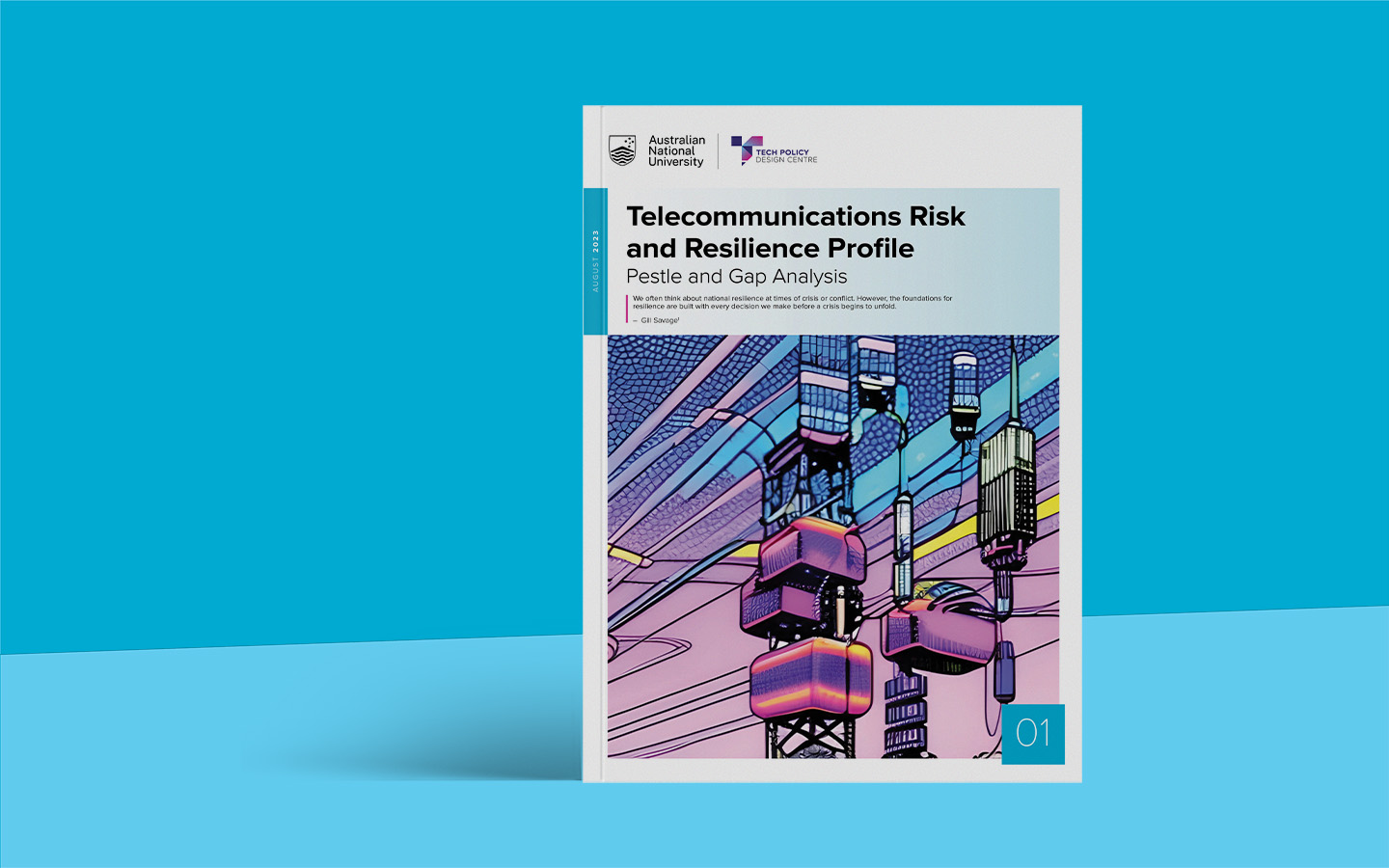
Risk and Resilience Expert Panel (RREP)
In June 2023, TPDC appointed a panel of 26 independent subject-matter experts to the Risk and Resilience Expert Panel of the project. The panel consisted of diverse practitioners with backgrounds in engineering, network architecture, climate change research, government, enterprise, and strategic policy. Its purpose was to serve as a forum for open discussions among industry, government, civil society, and academia. The panel met regularly to provide insights for every phase of the project. Further details can be found in our media release and the bios of our 26 experts.
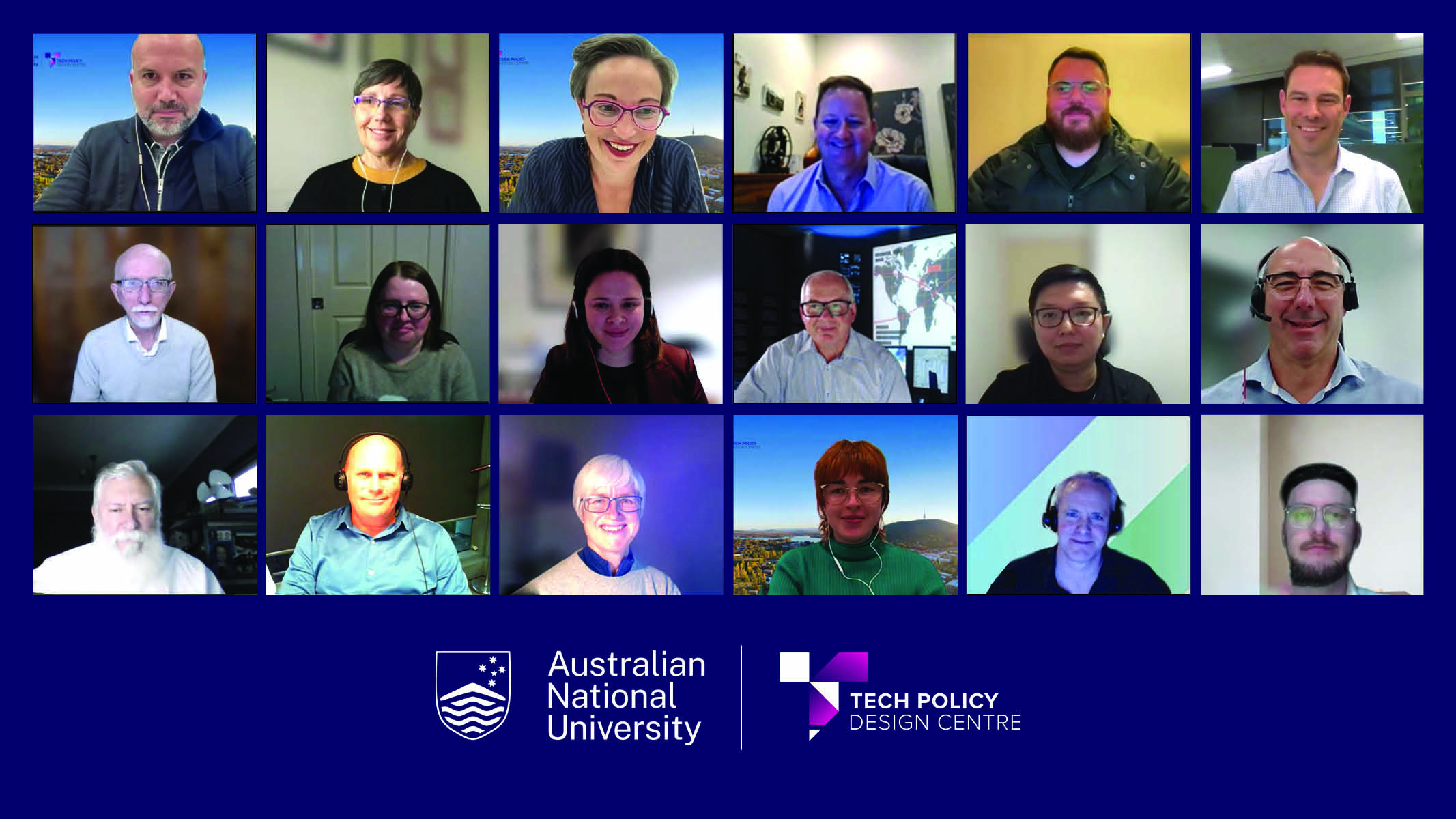
Information Session
On 15 December 2022, Project Lead, Professor Johanna Weaver, hosted an information session about the project. In the session, Professor Weaver provided an overview of the project’s timeline and outputs, and highlighted the many opportunities for stakeholder participation in the project. You can view the video right and download the presentation slides and transcript here.
In the Media
- ANU to map Australia’s telecommunications resilience
- Government wants to understand the strength of a sector that powers the nation
- ANU to lead telco resilience profiling project
- Federal Government funds ANU telco resilience study
- Project to map Australia’s telecommunications resilience
- An Aussie University Wants to Work Out Why Telcos Are So Prone to Outages
- Phone network risks set to be profiled

